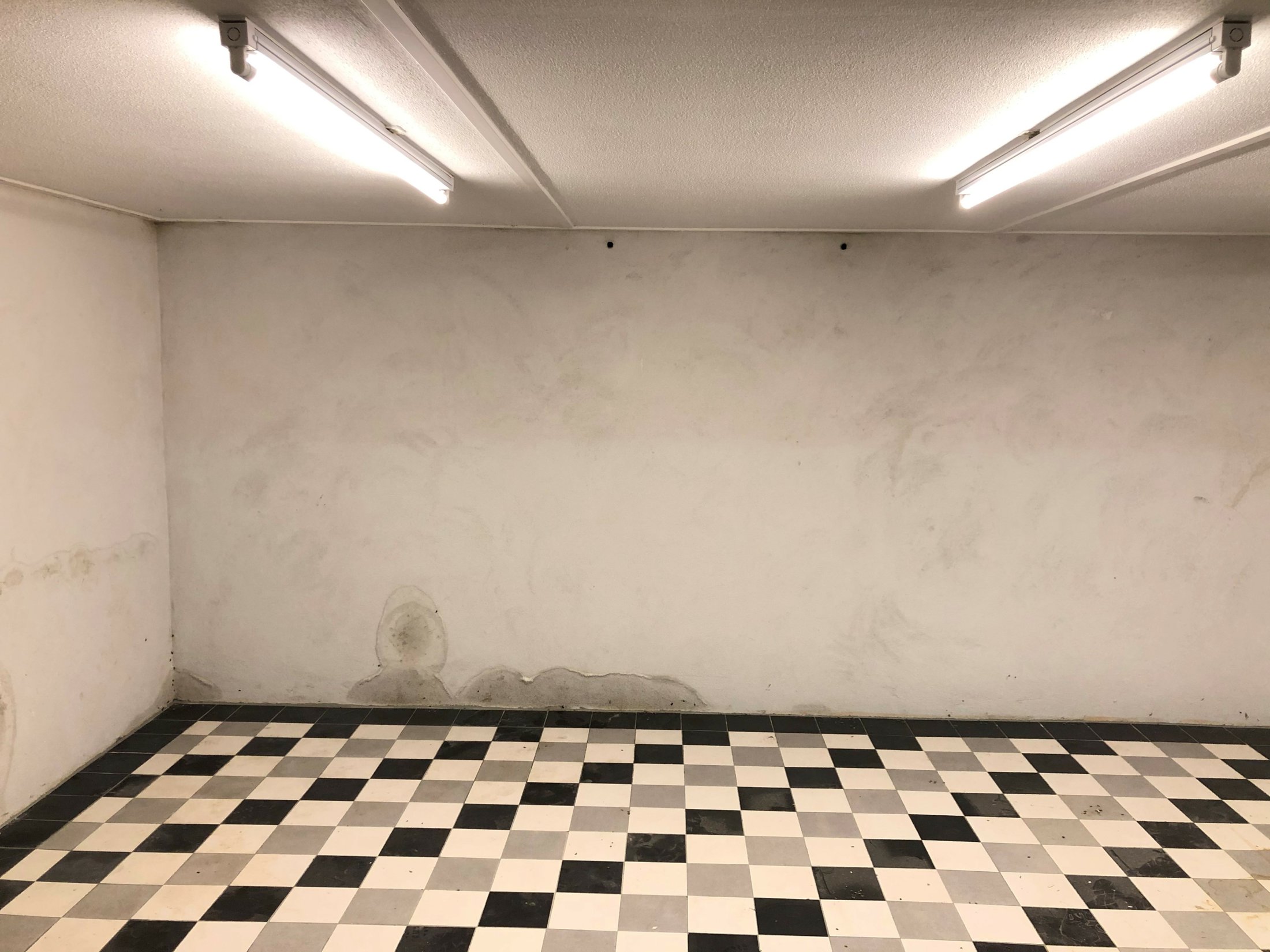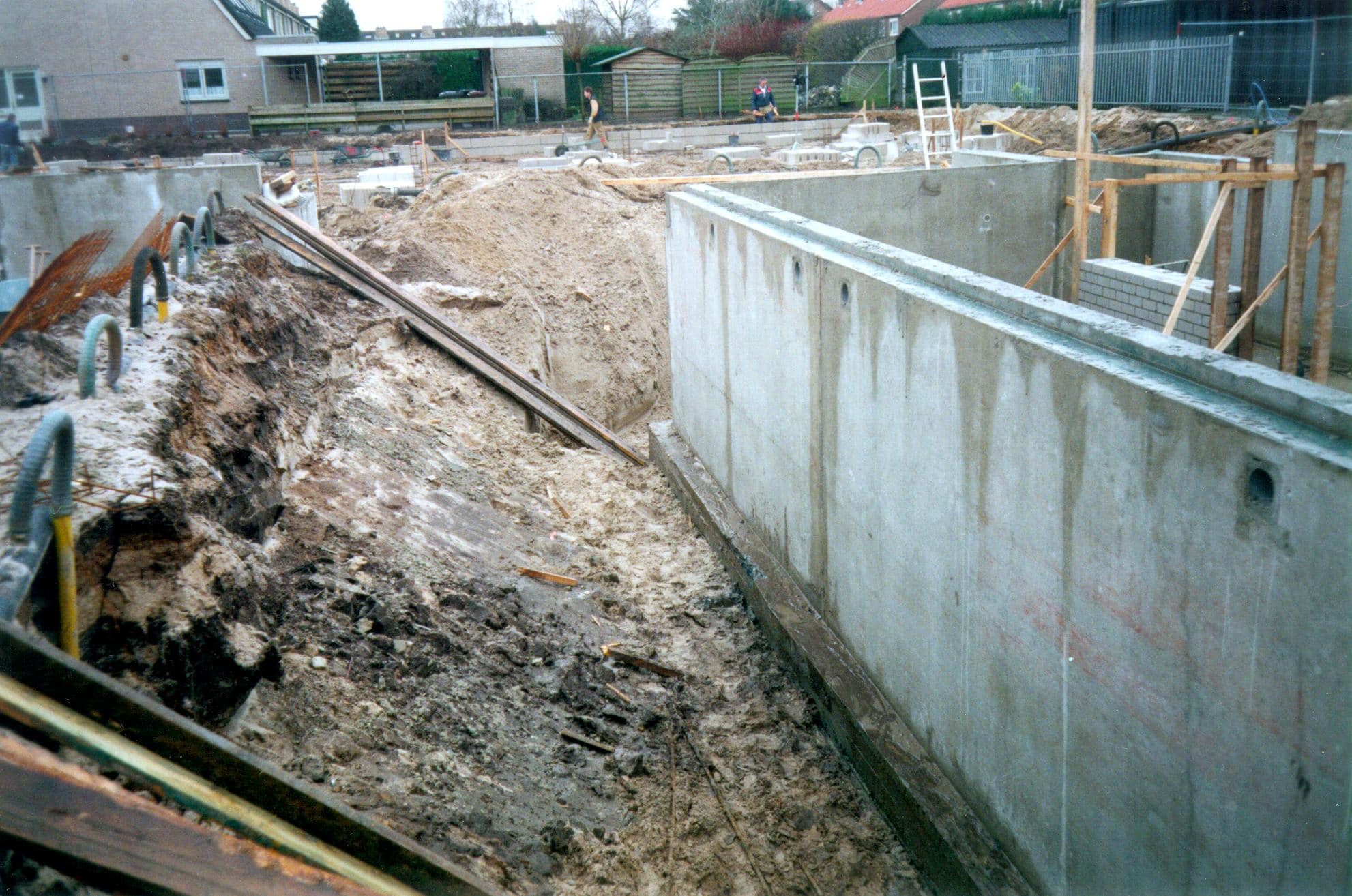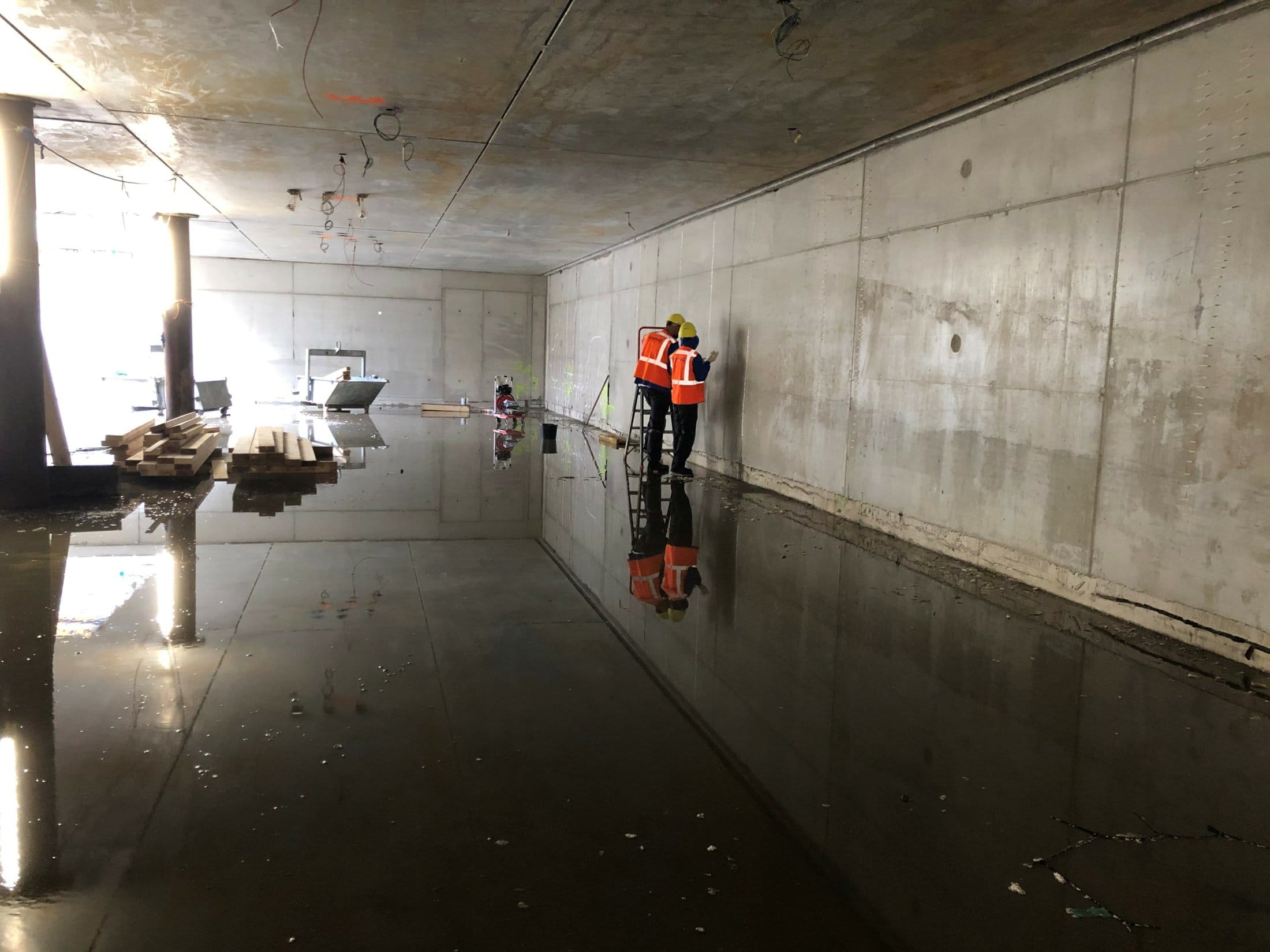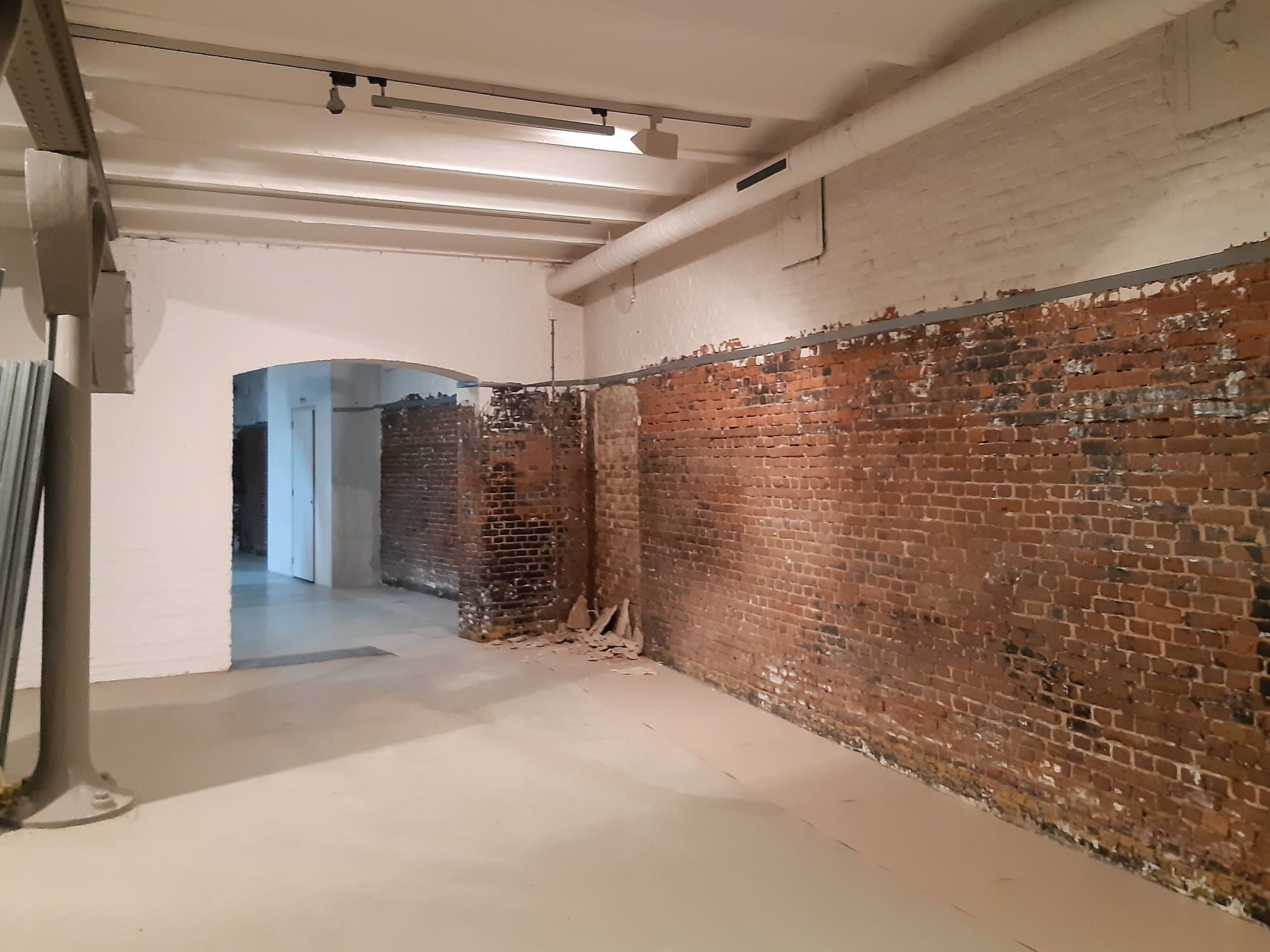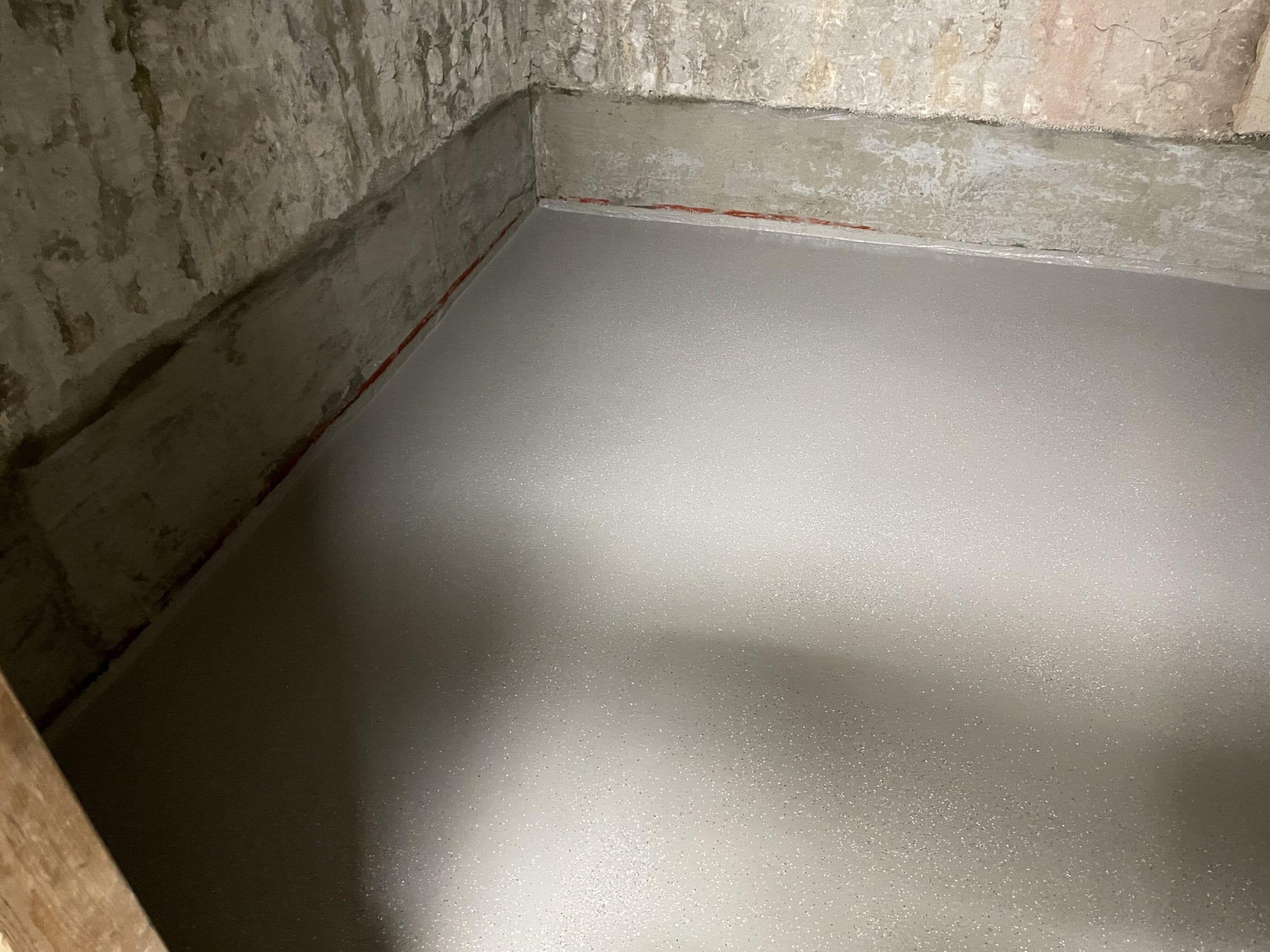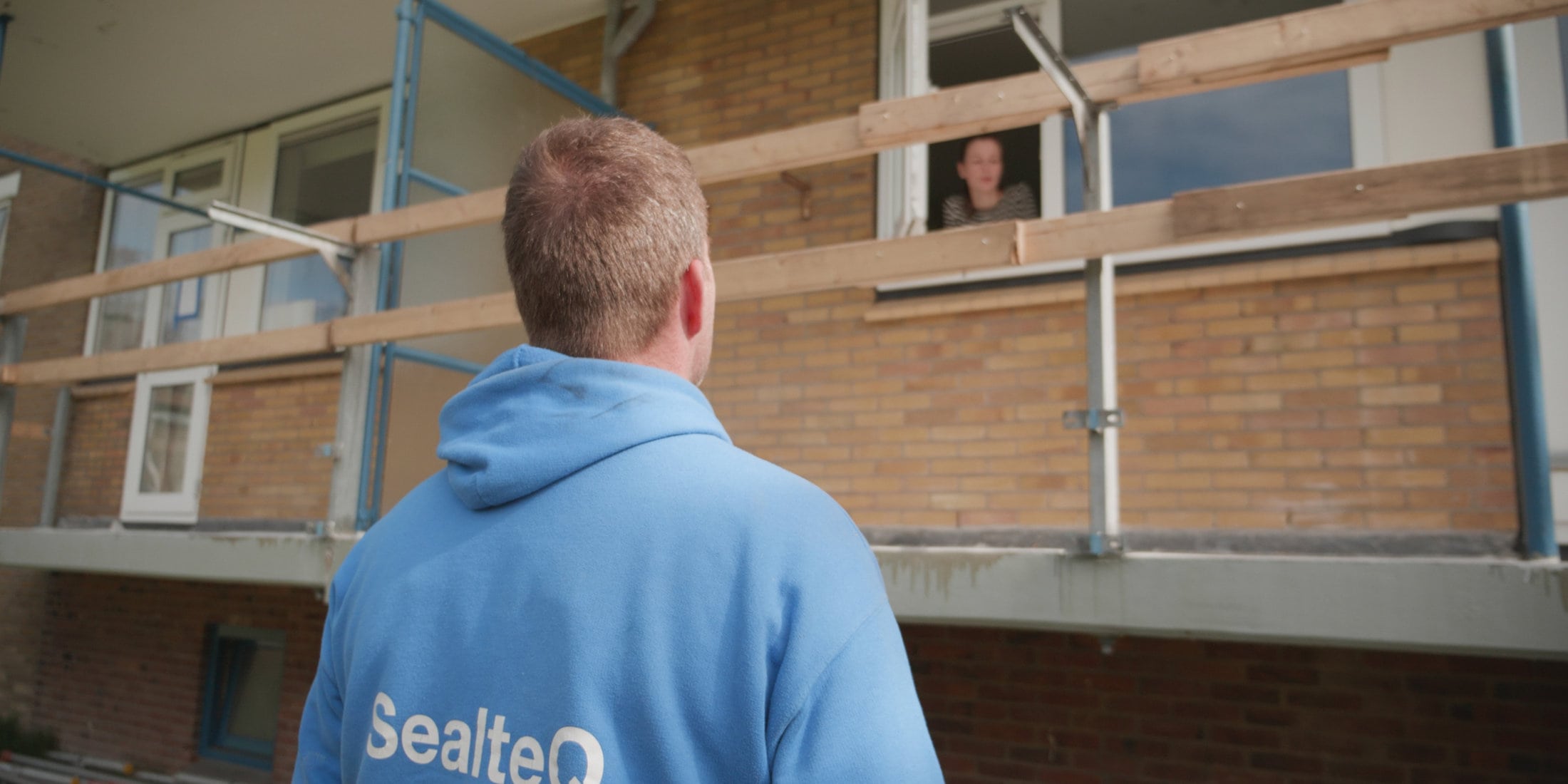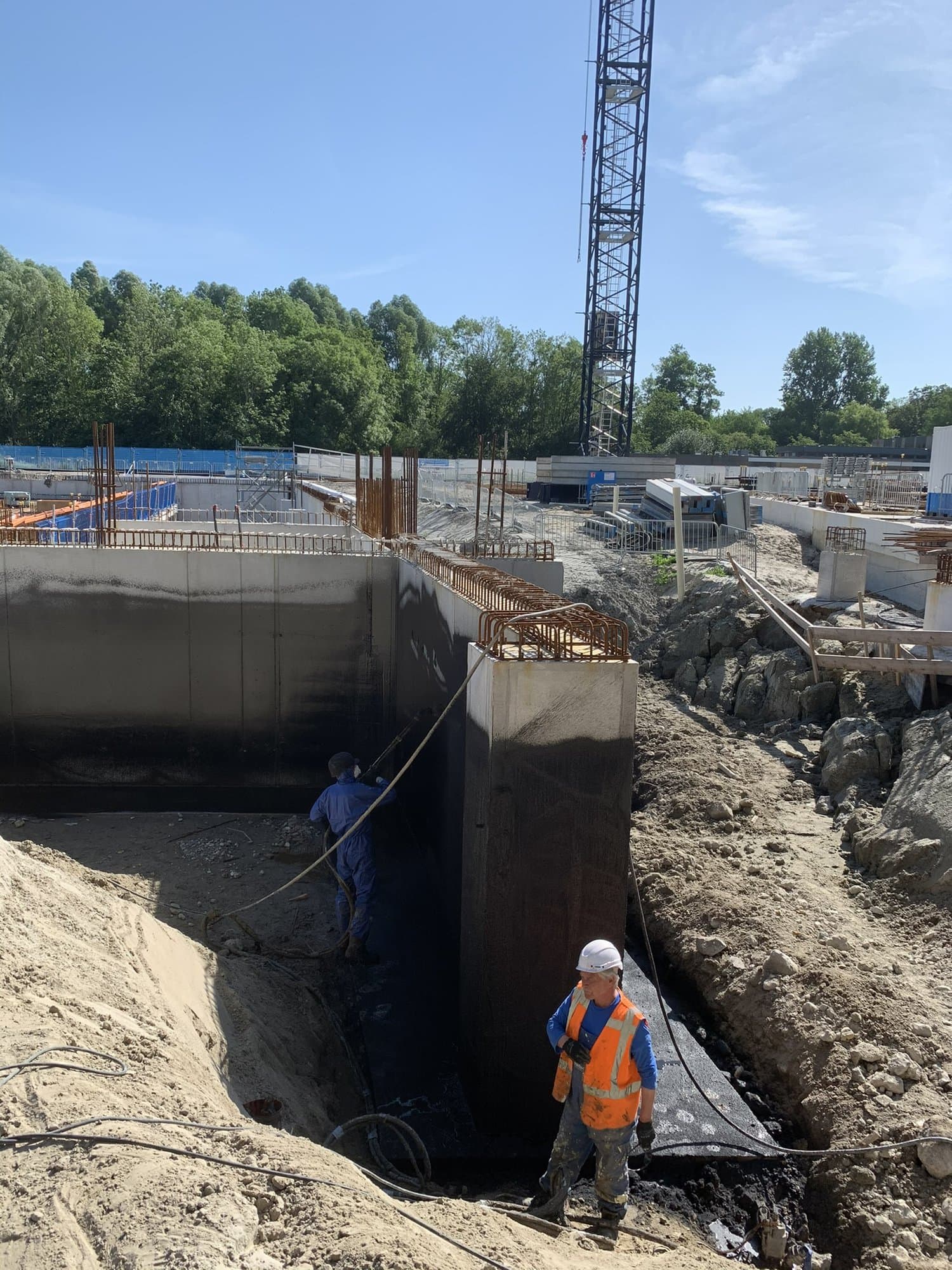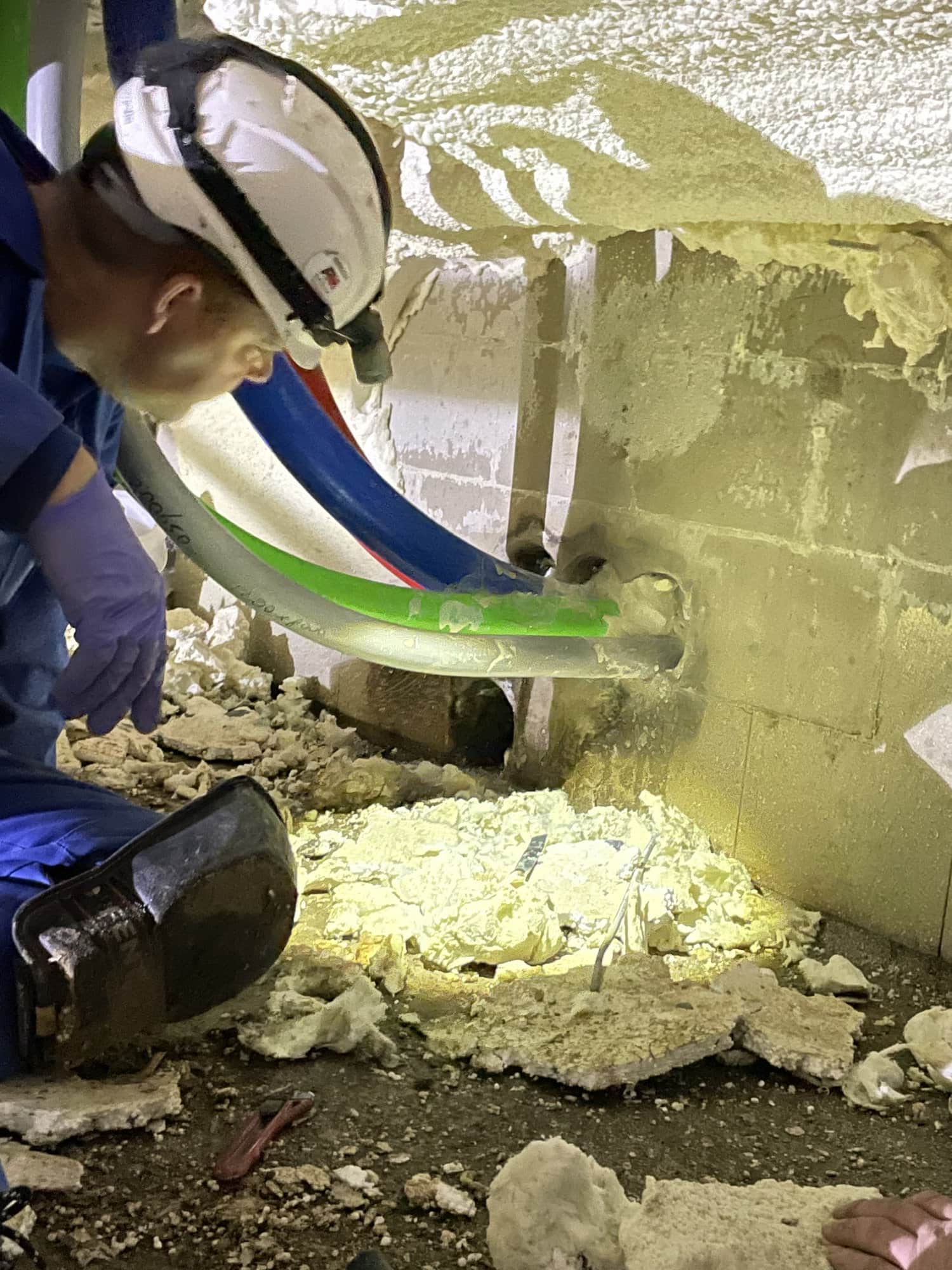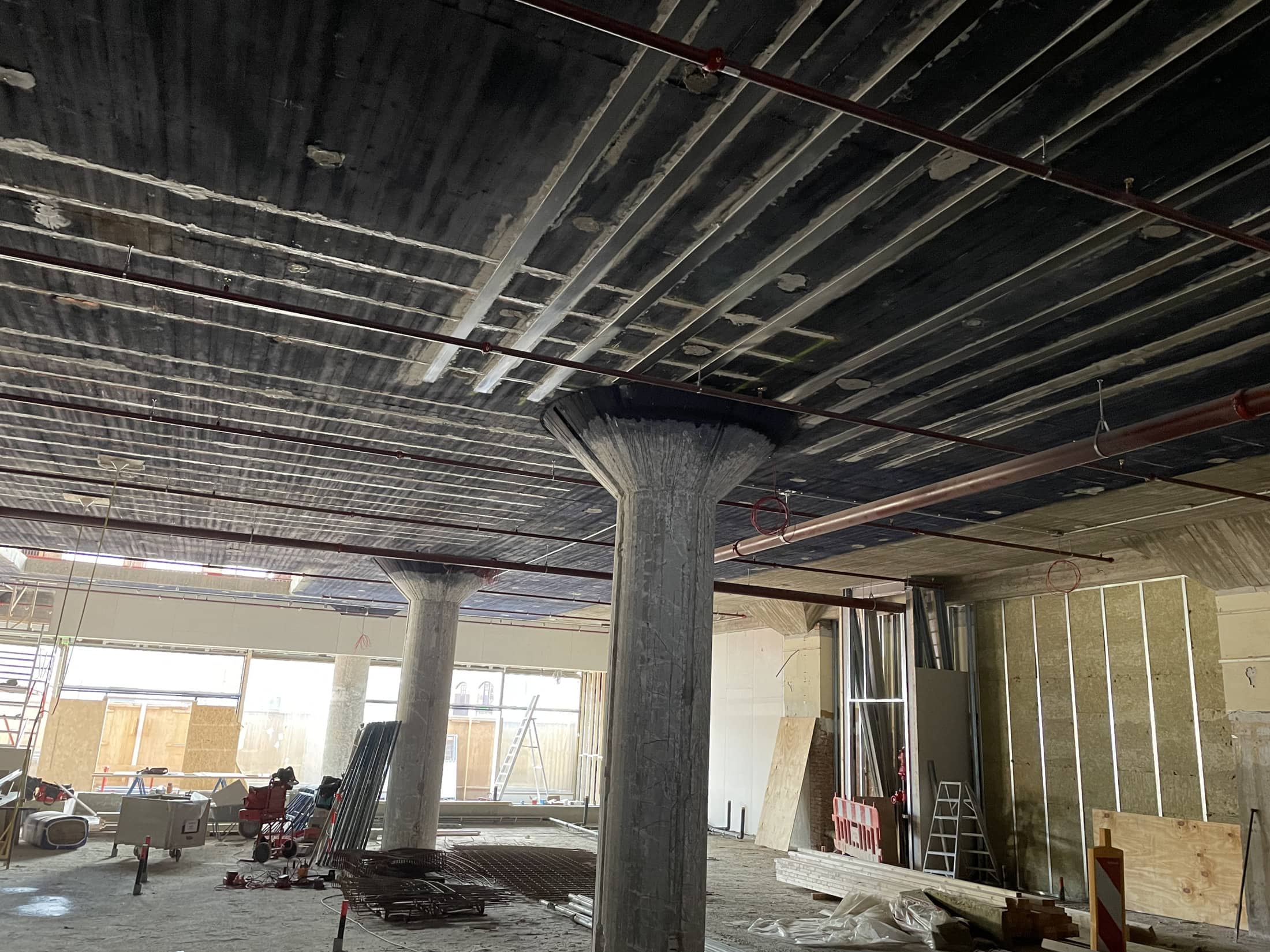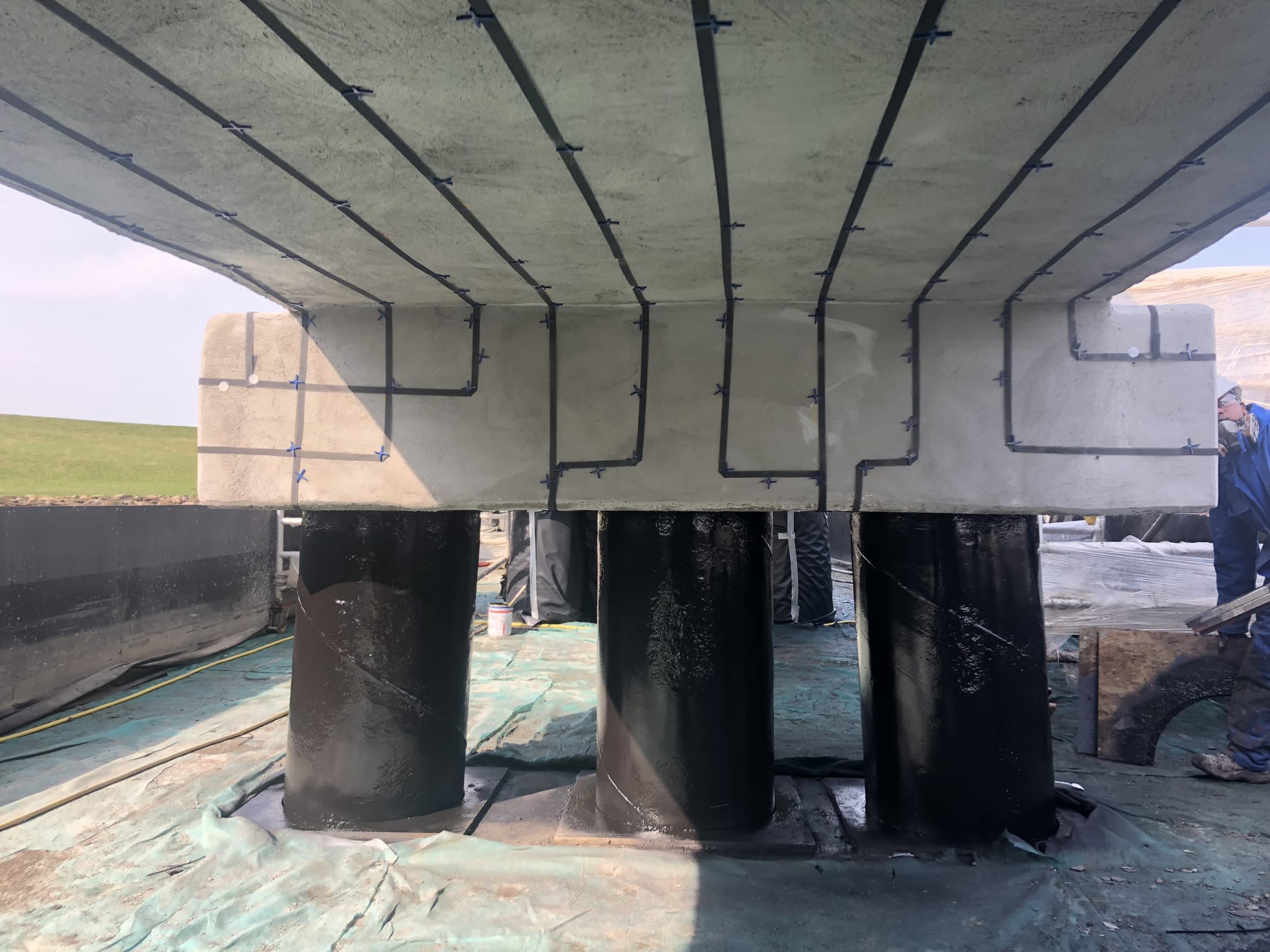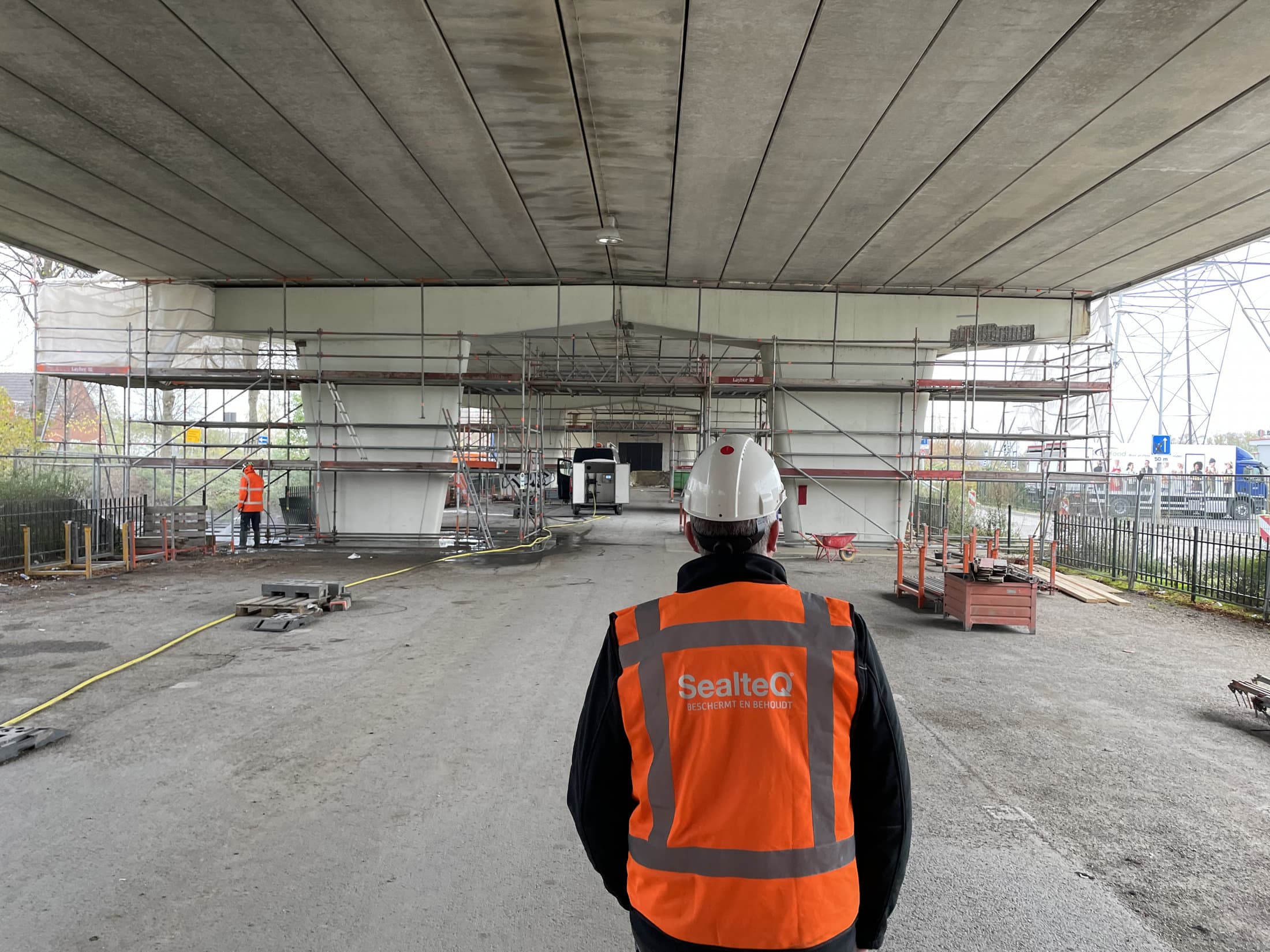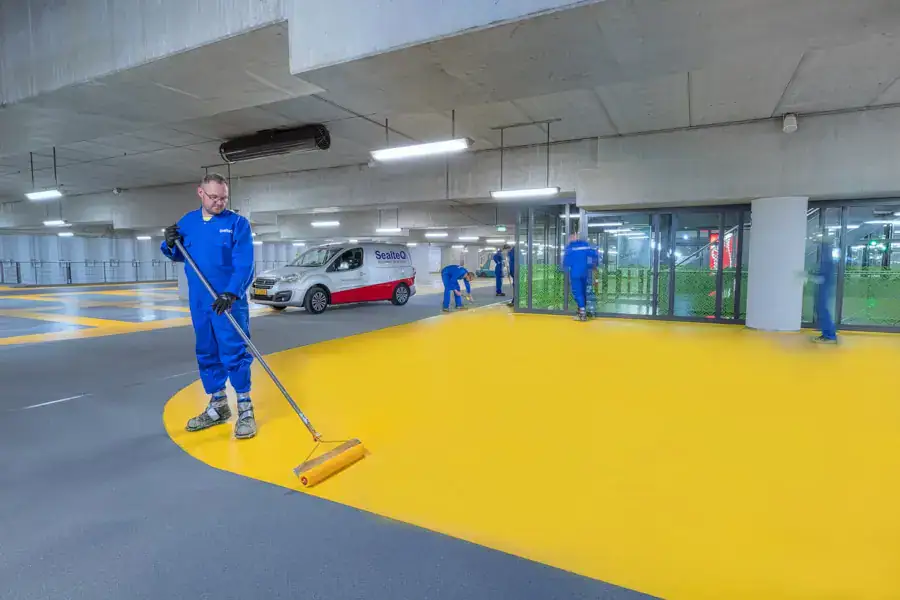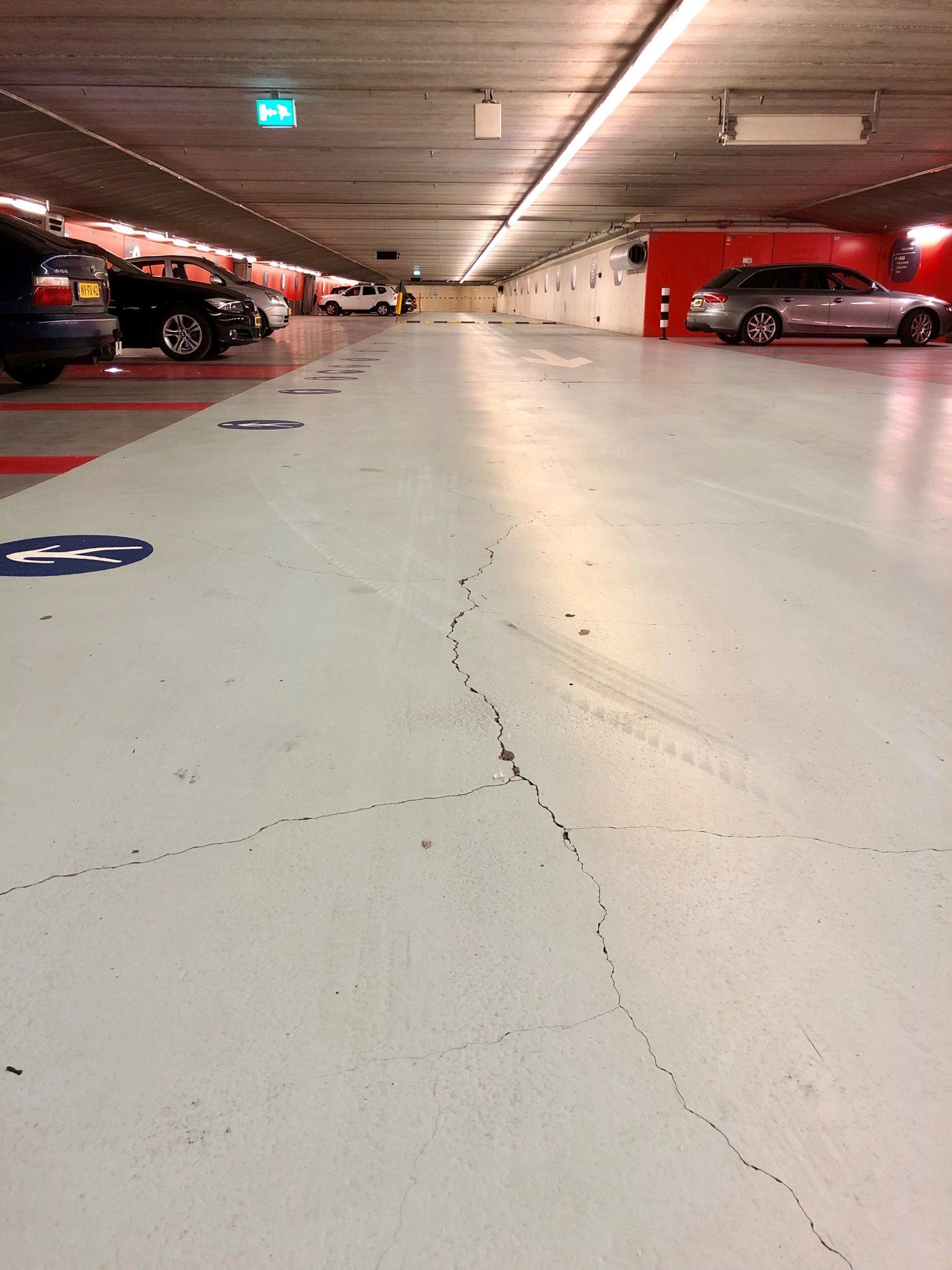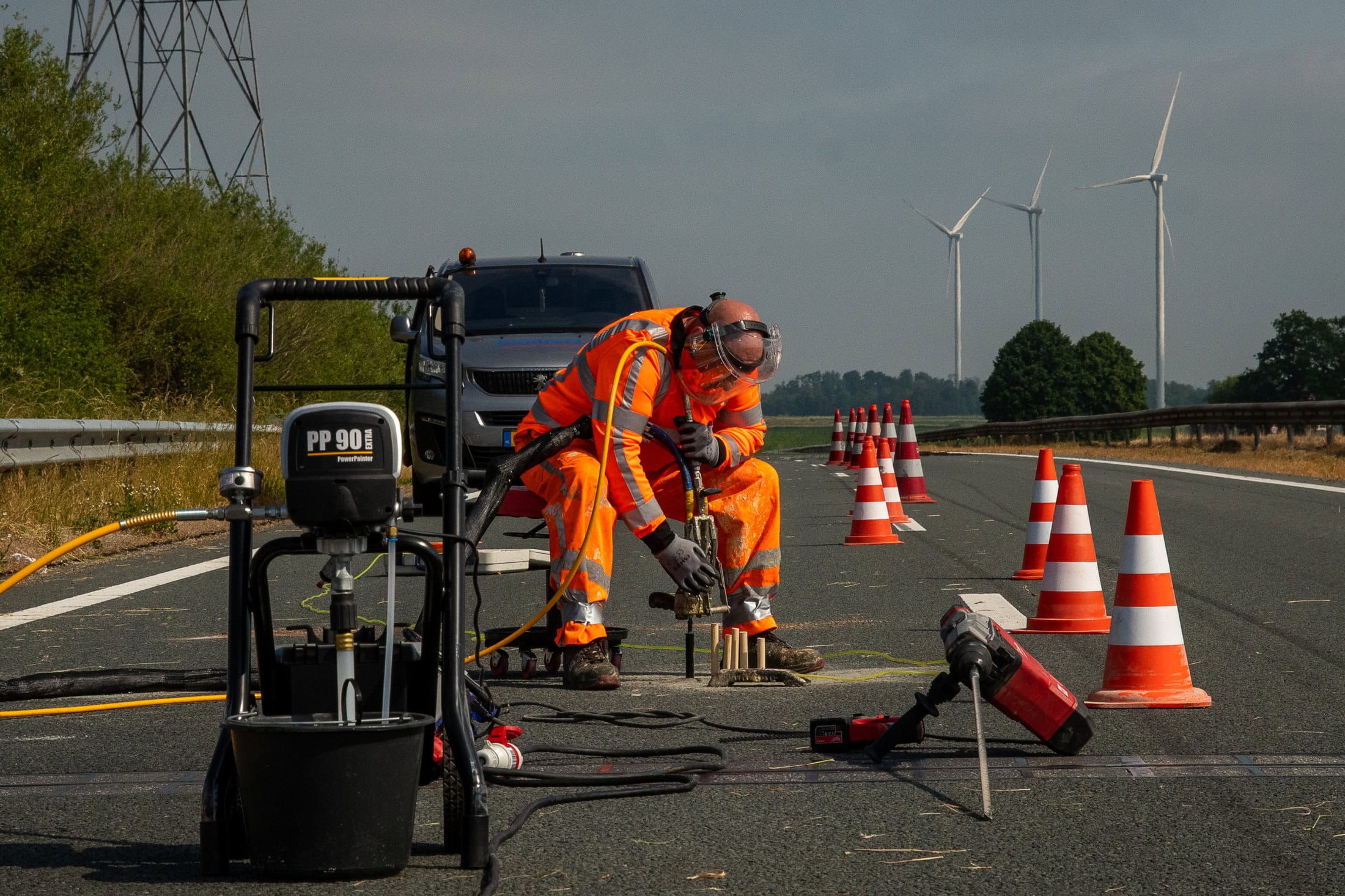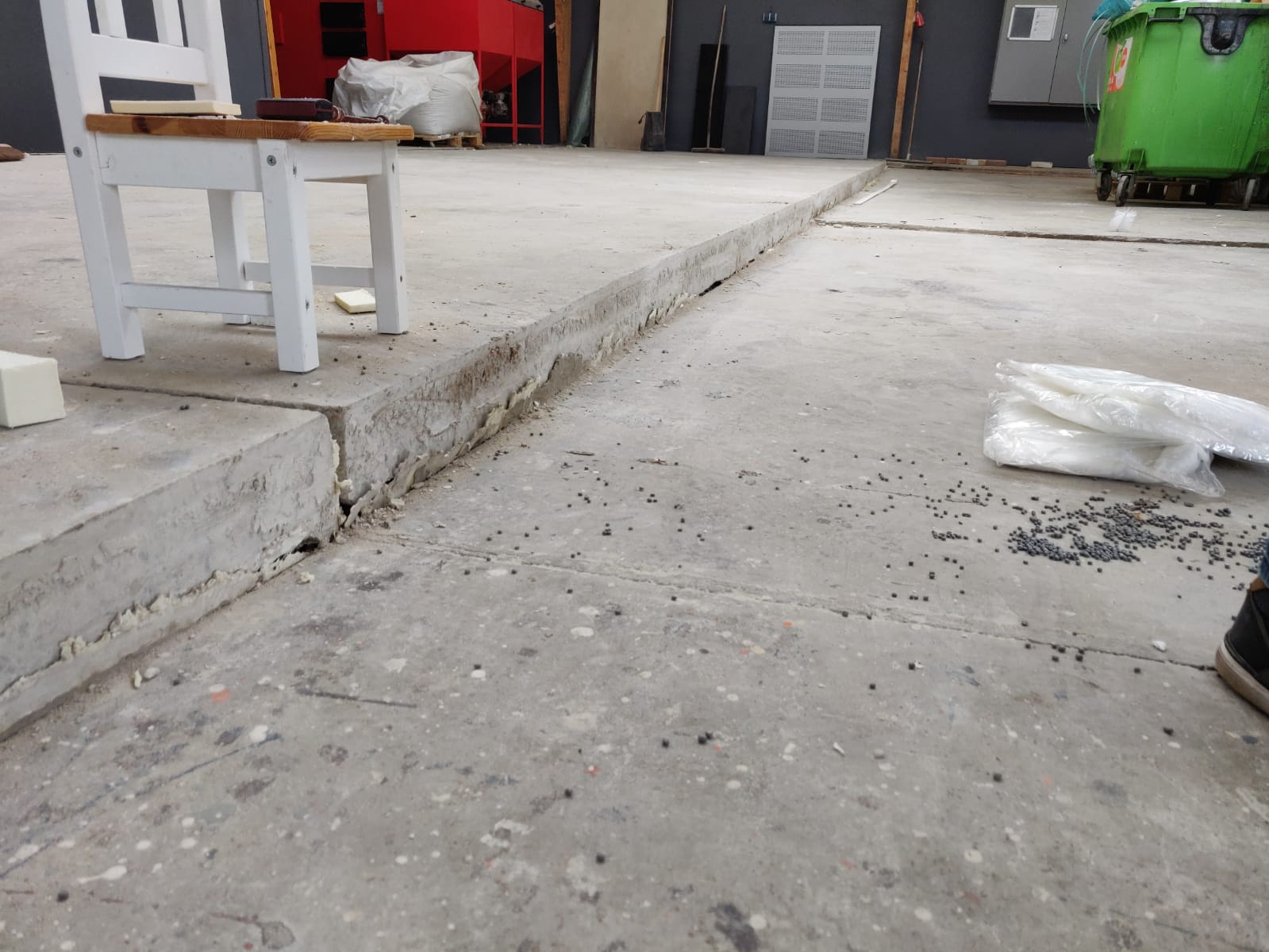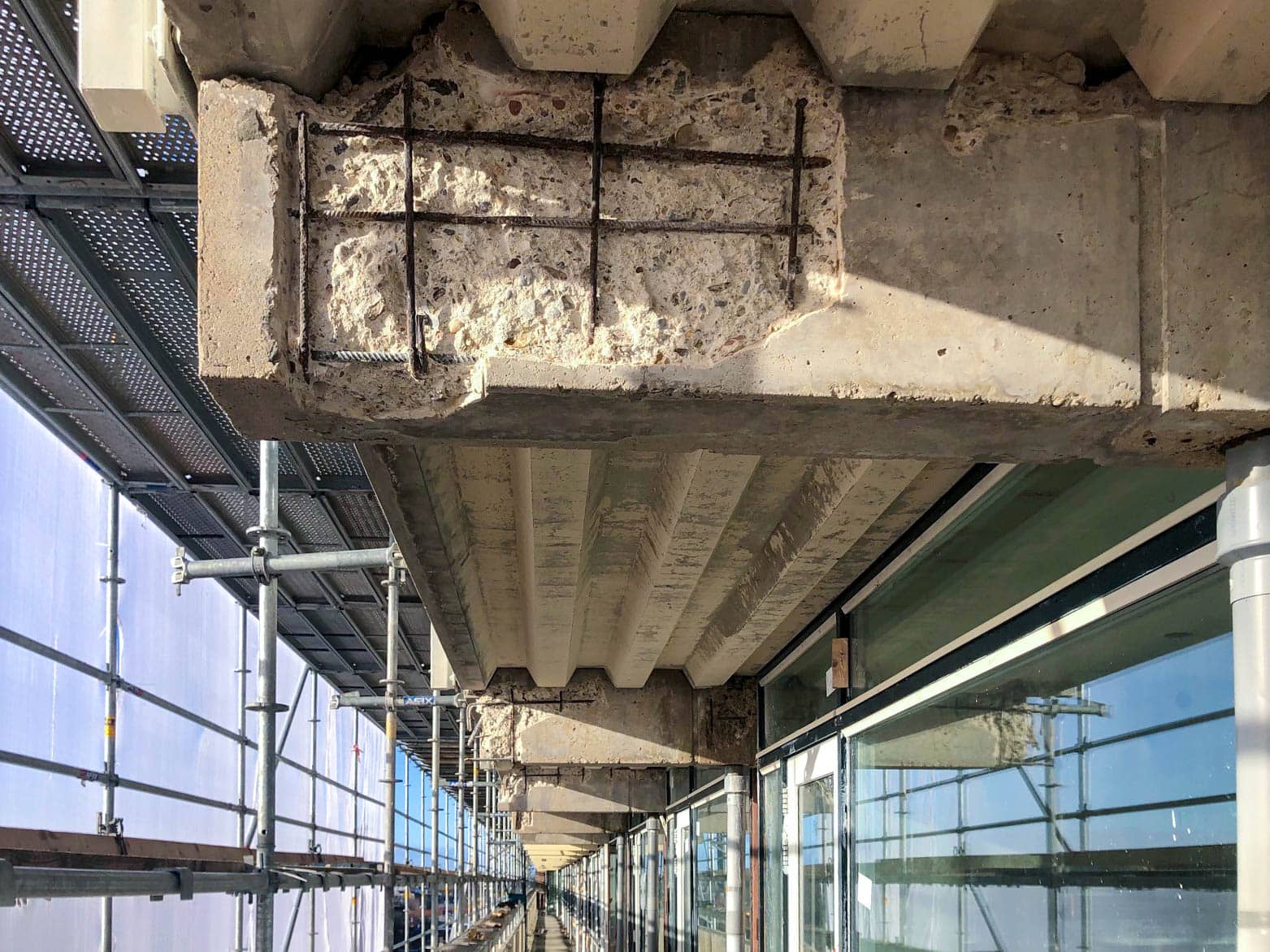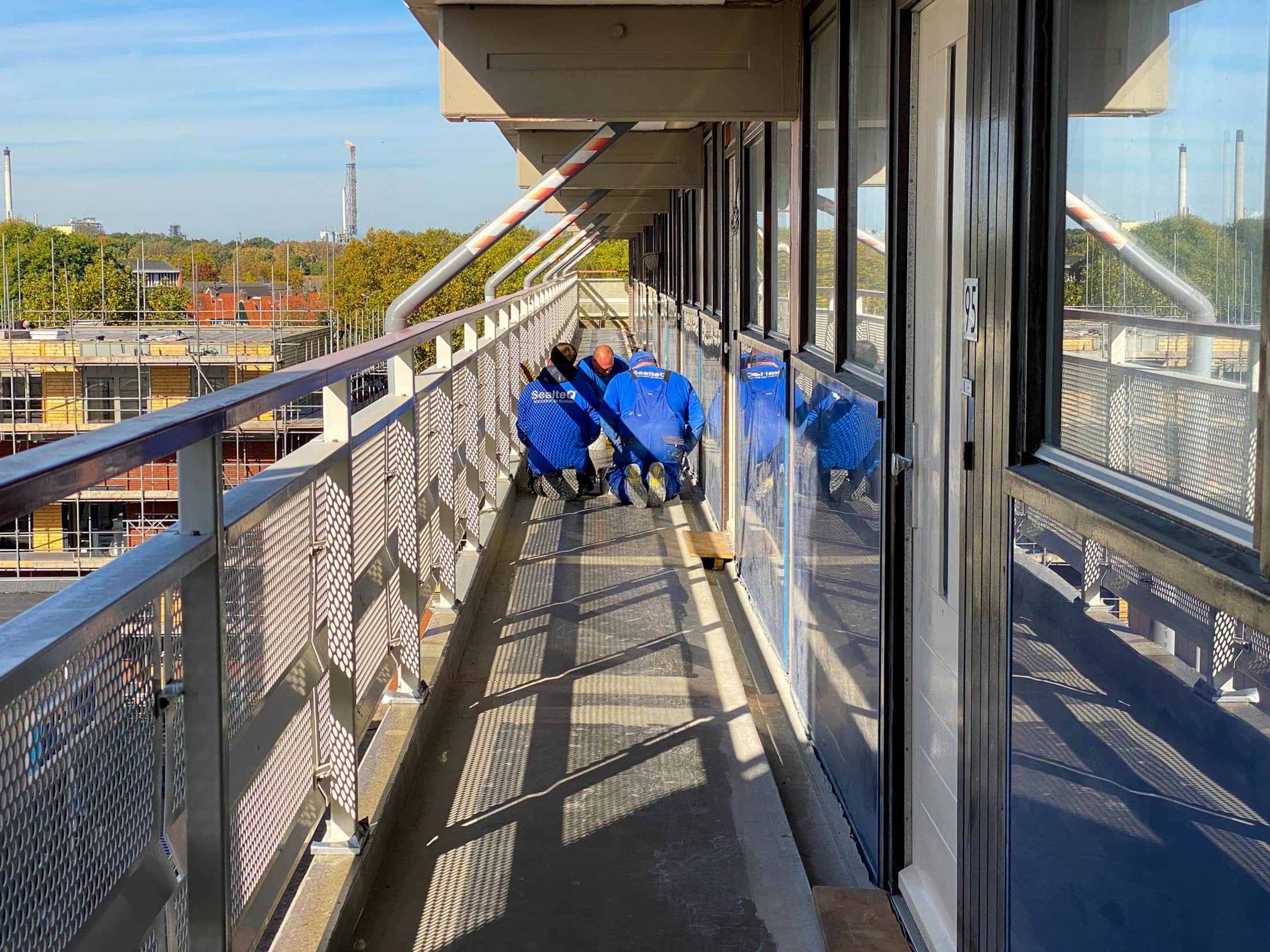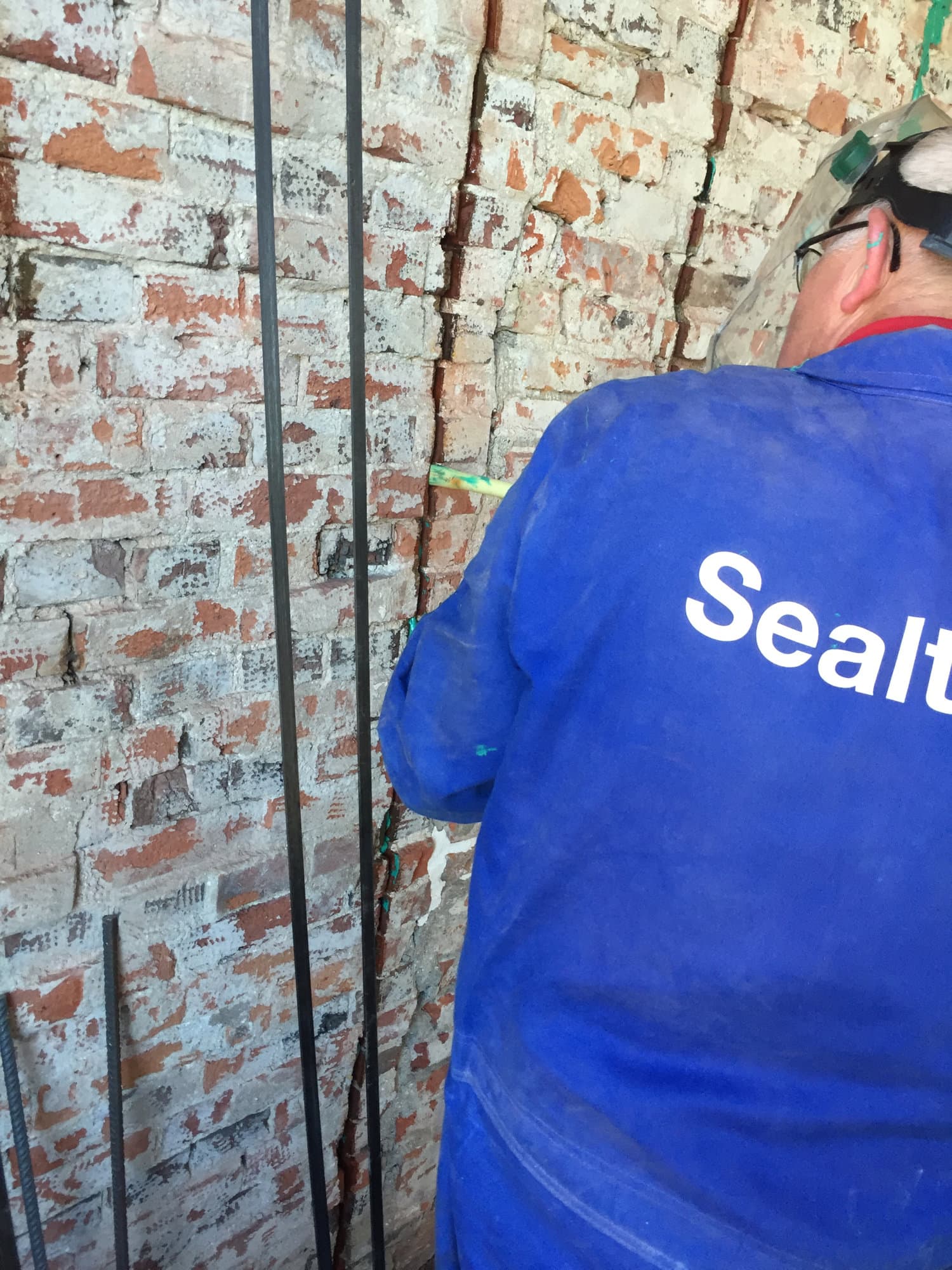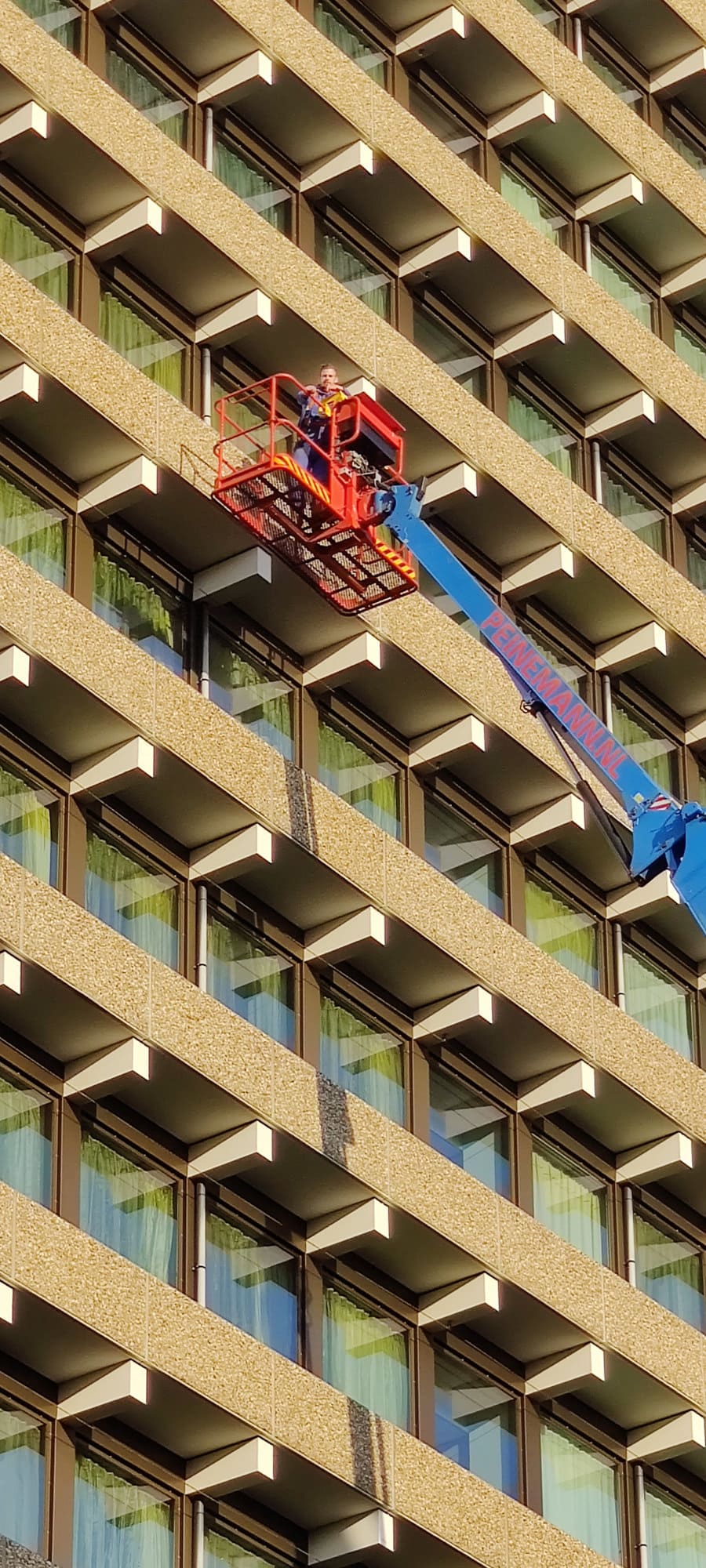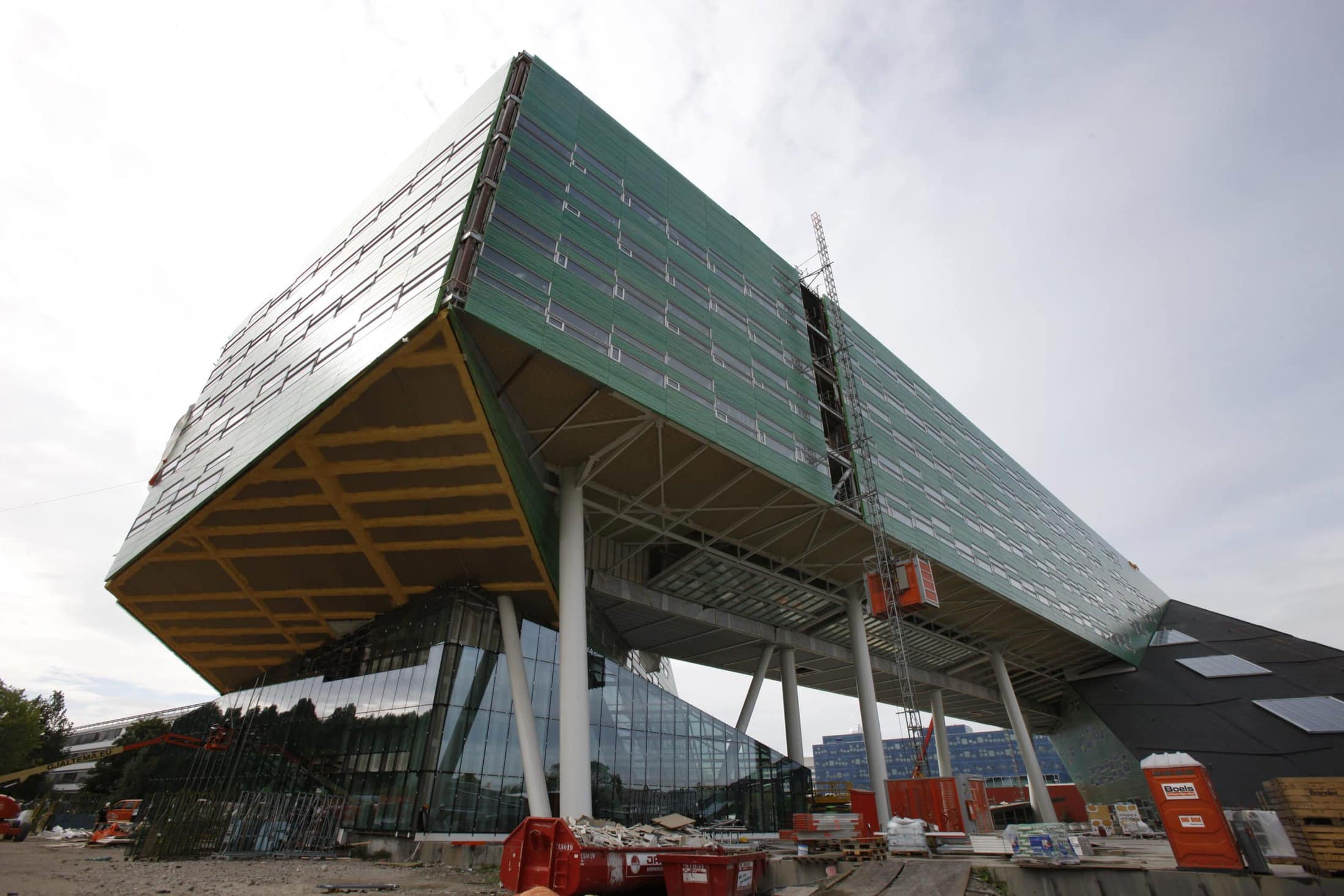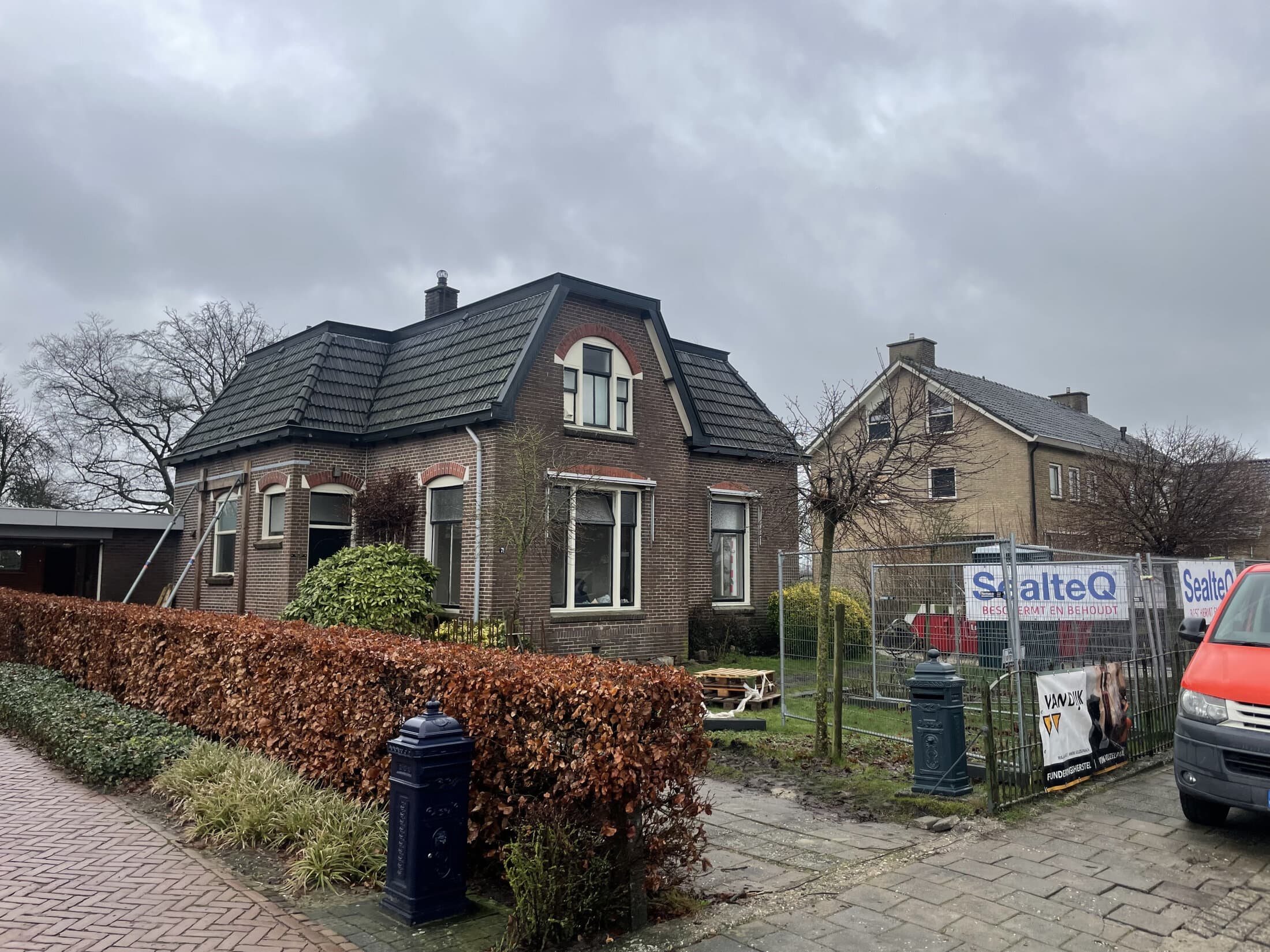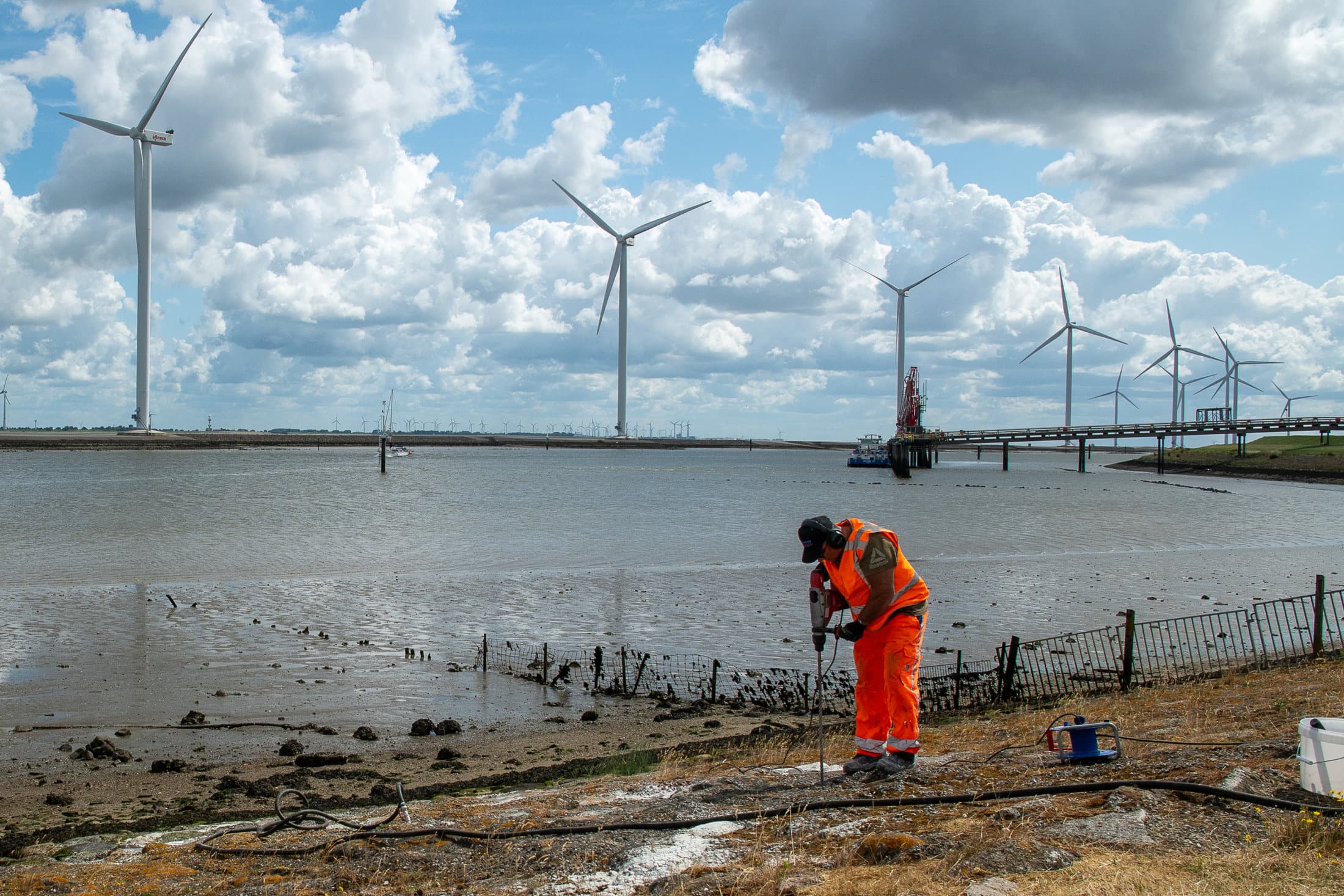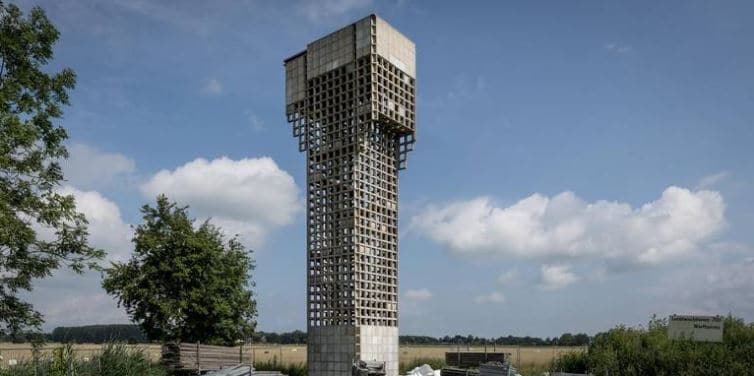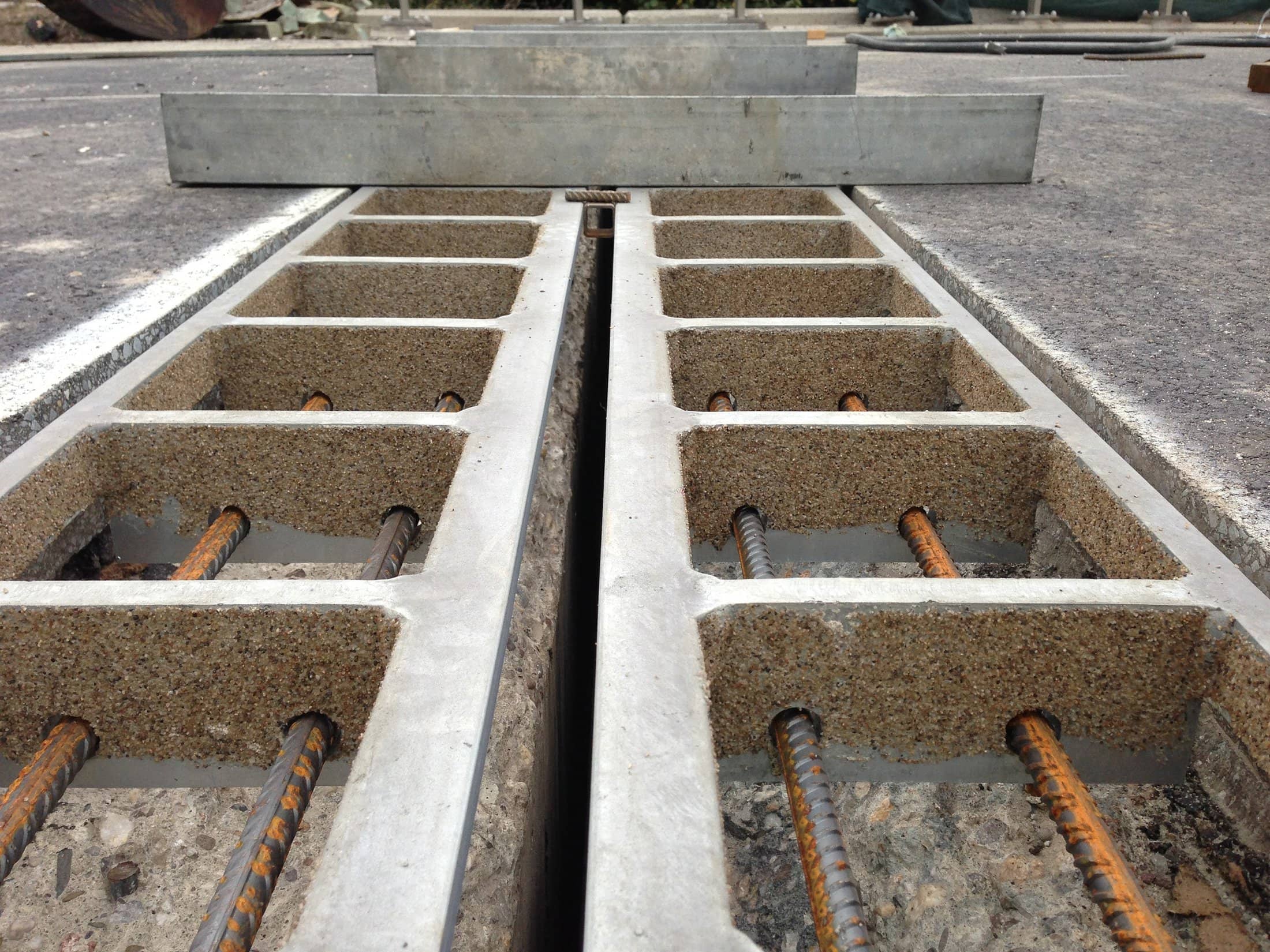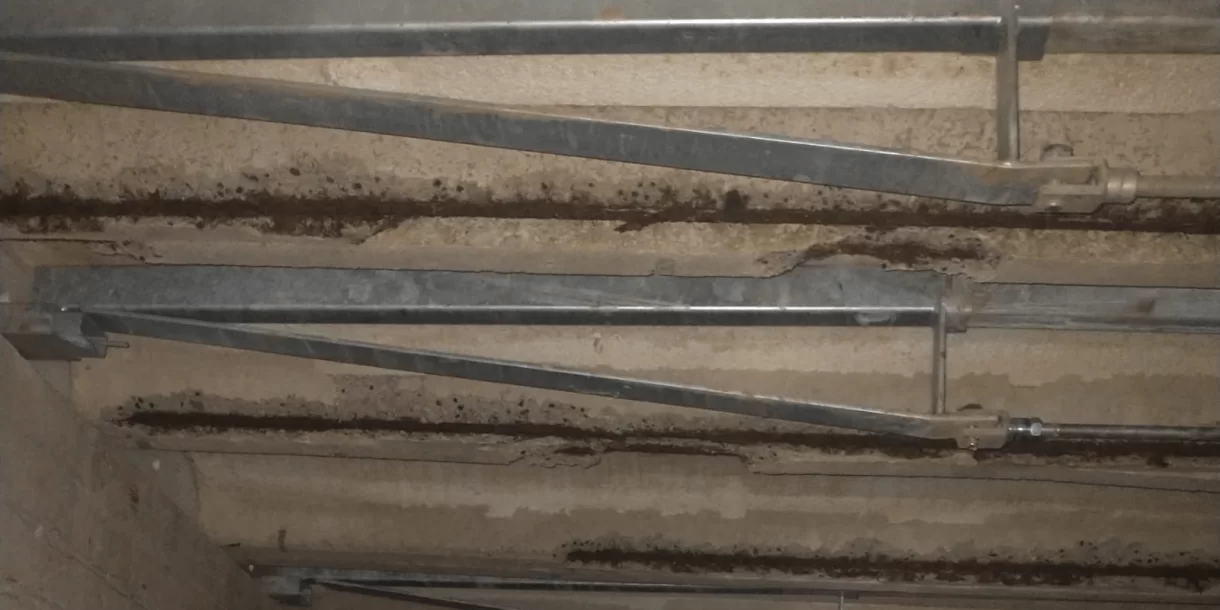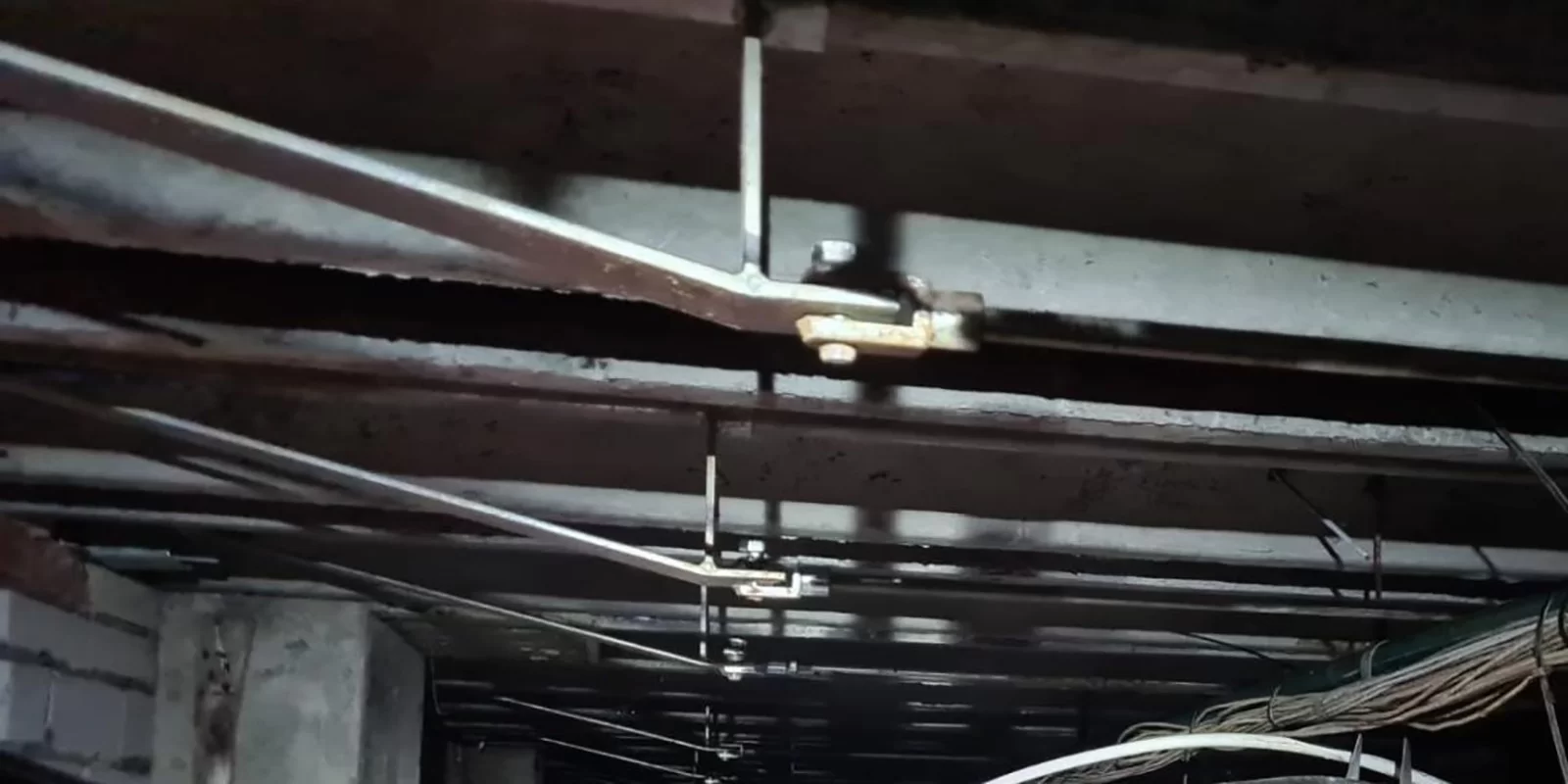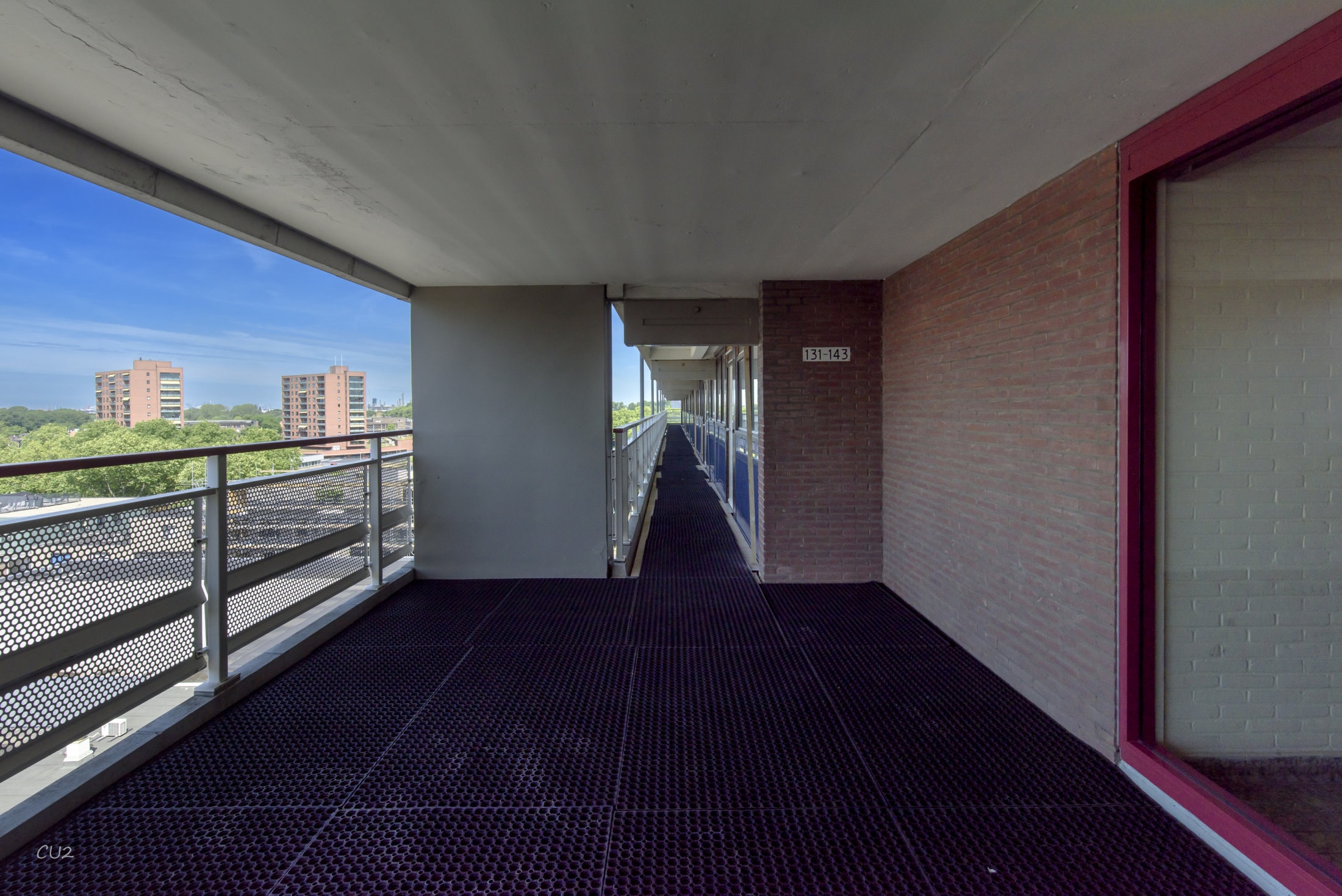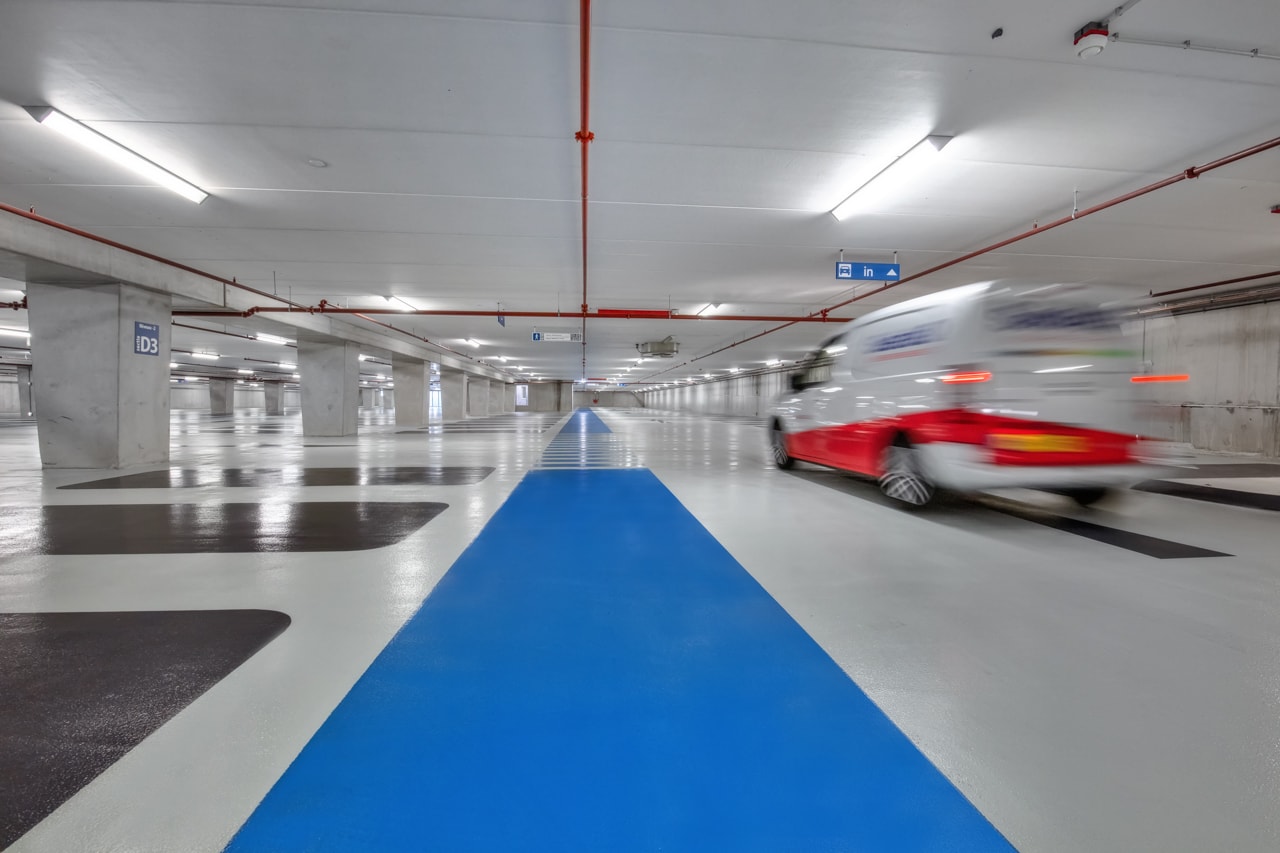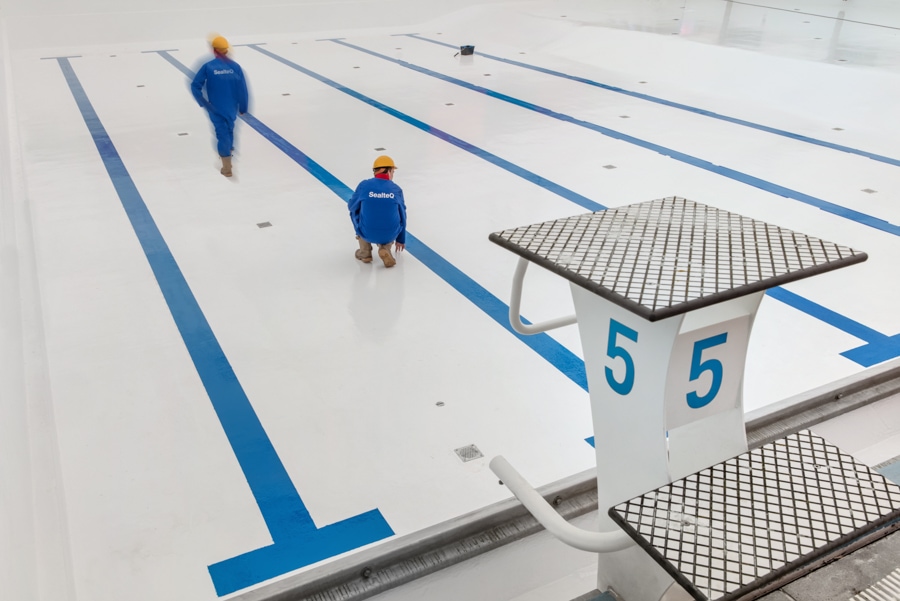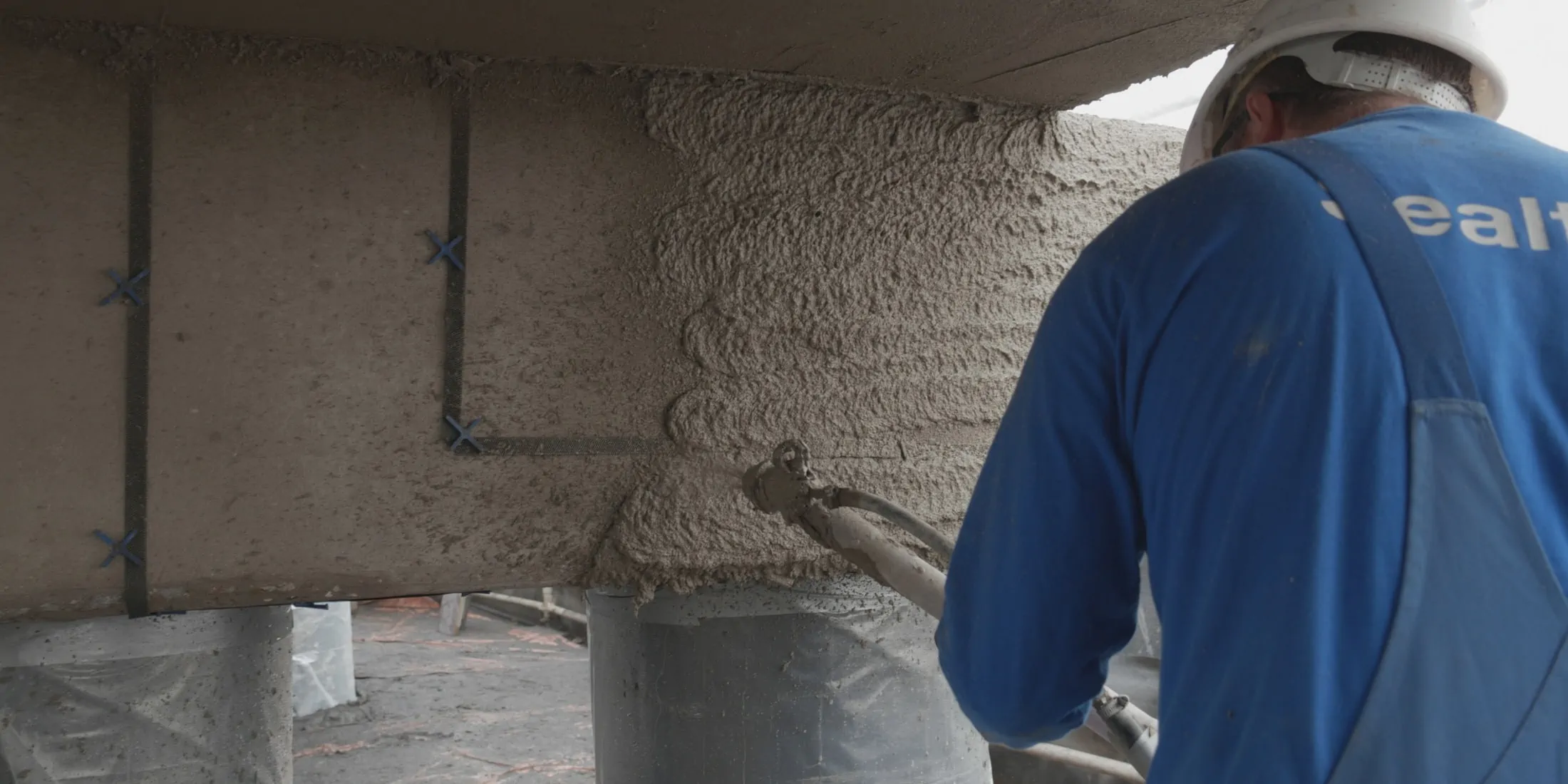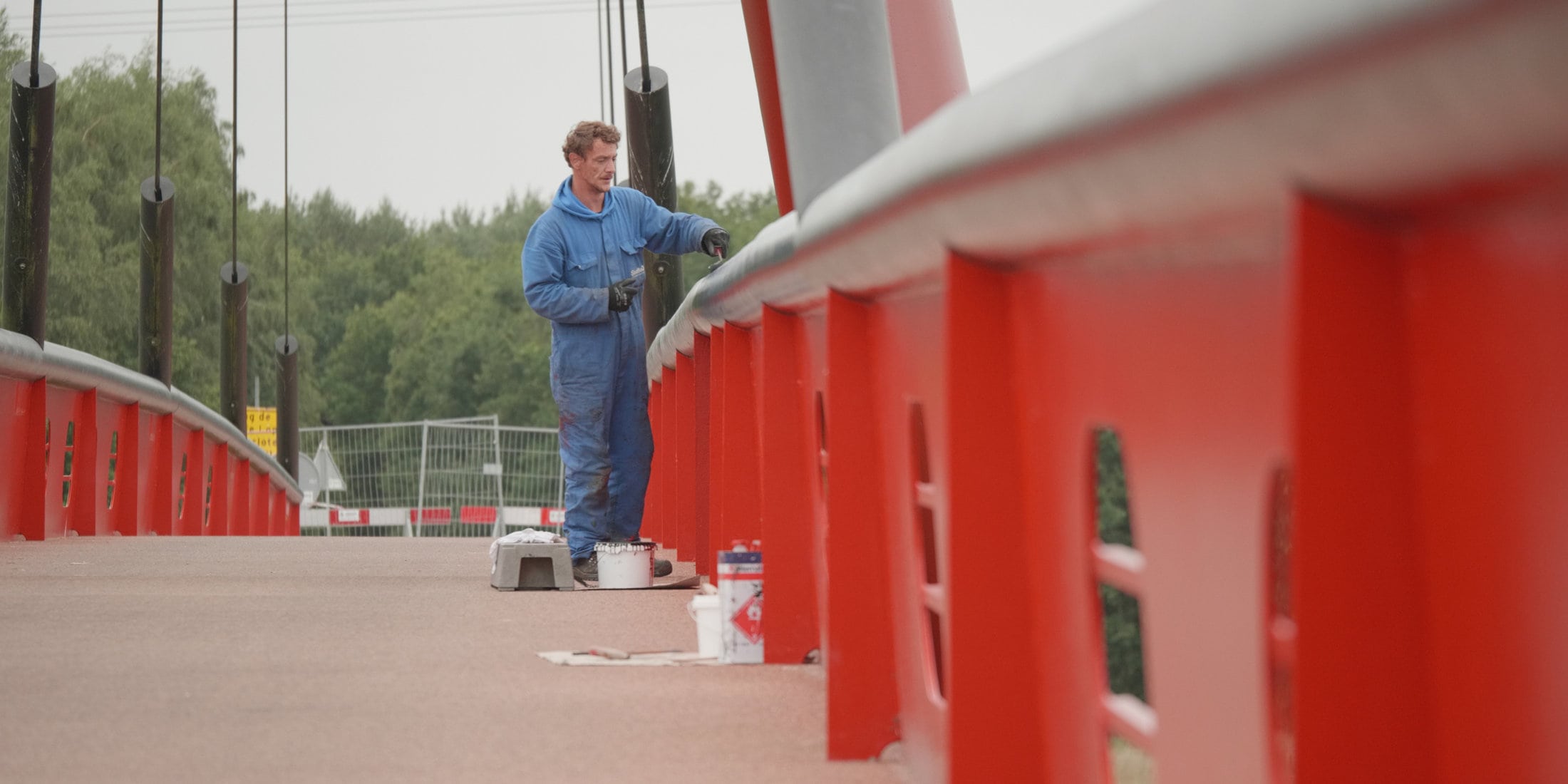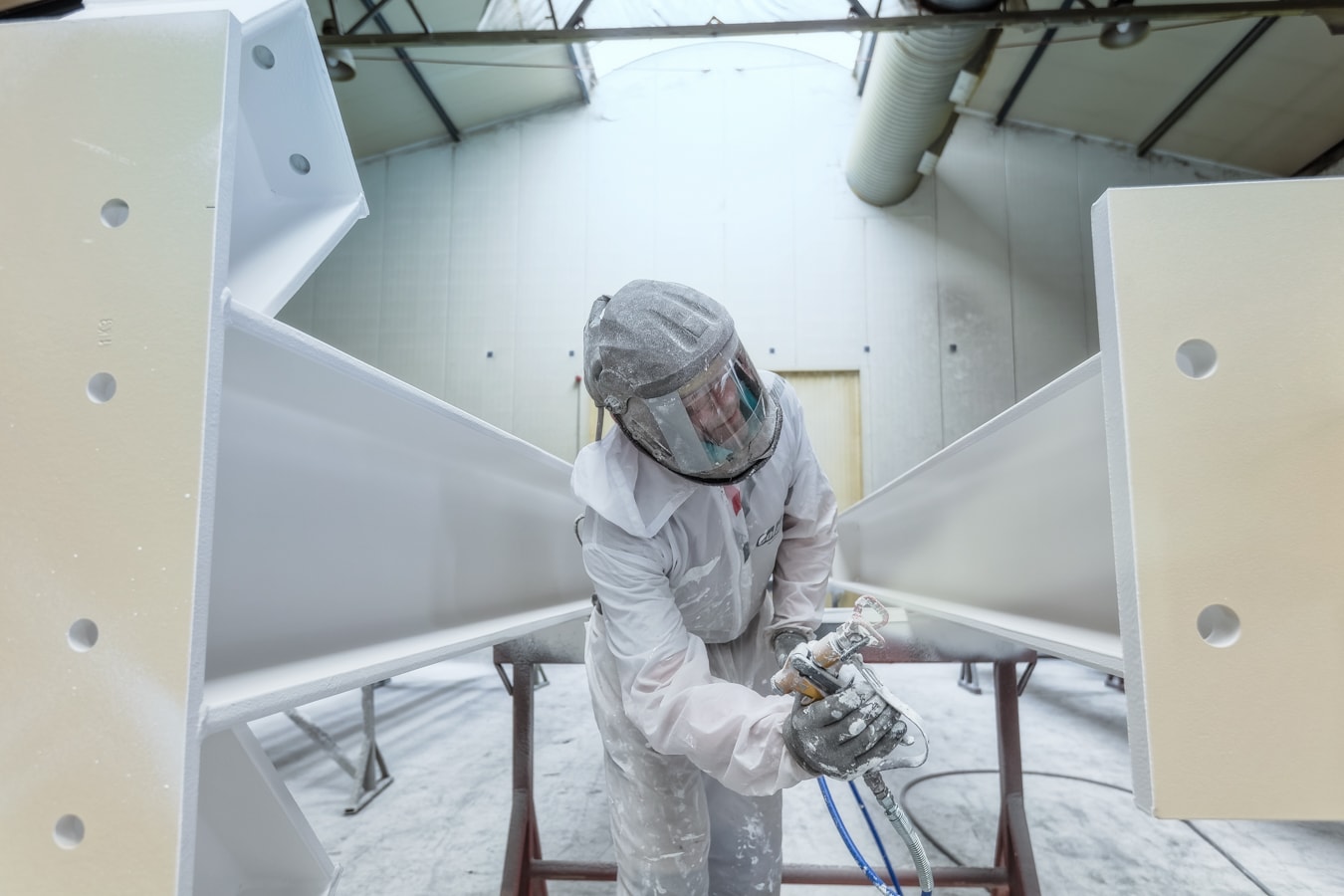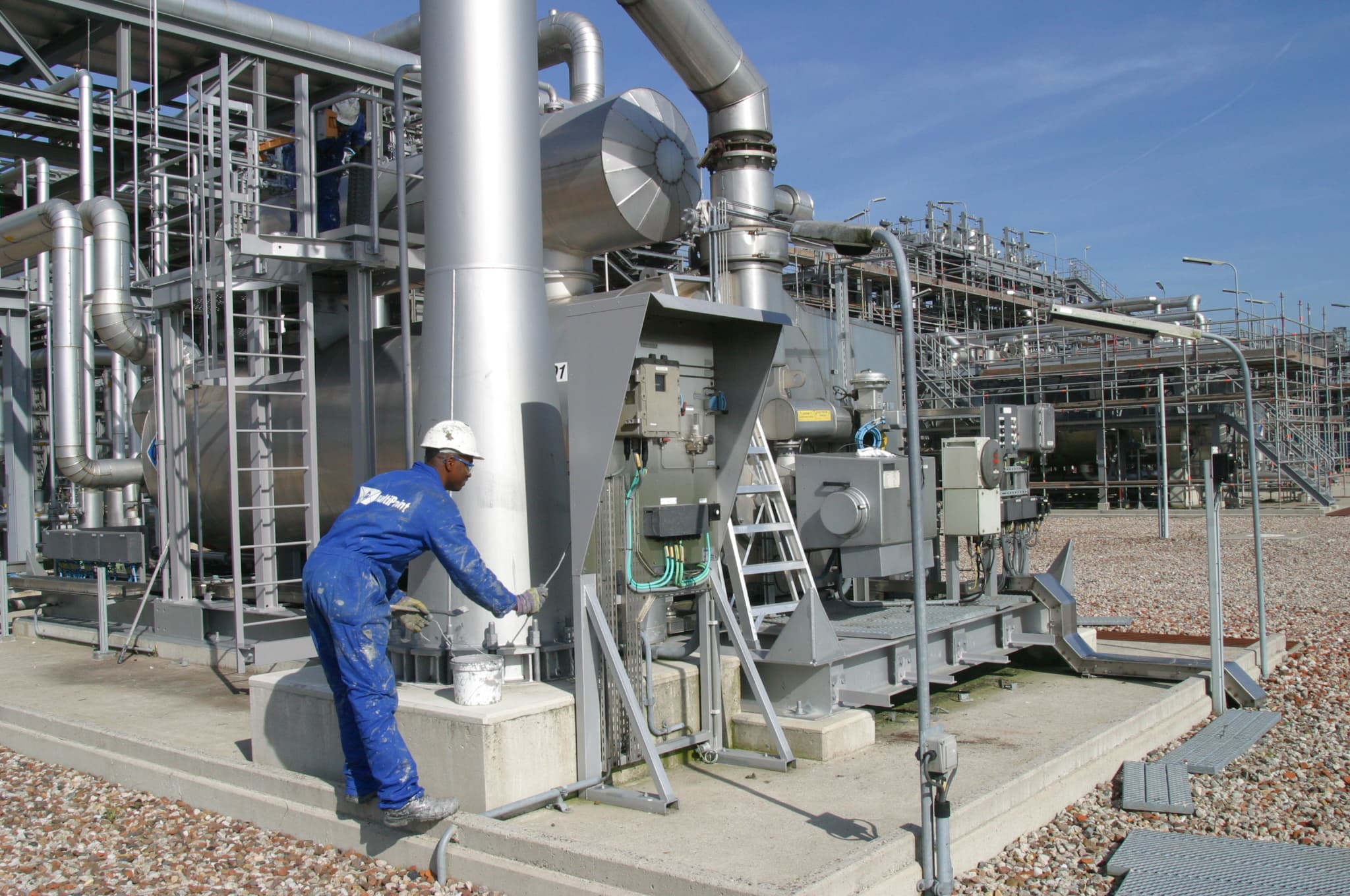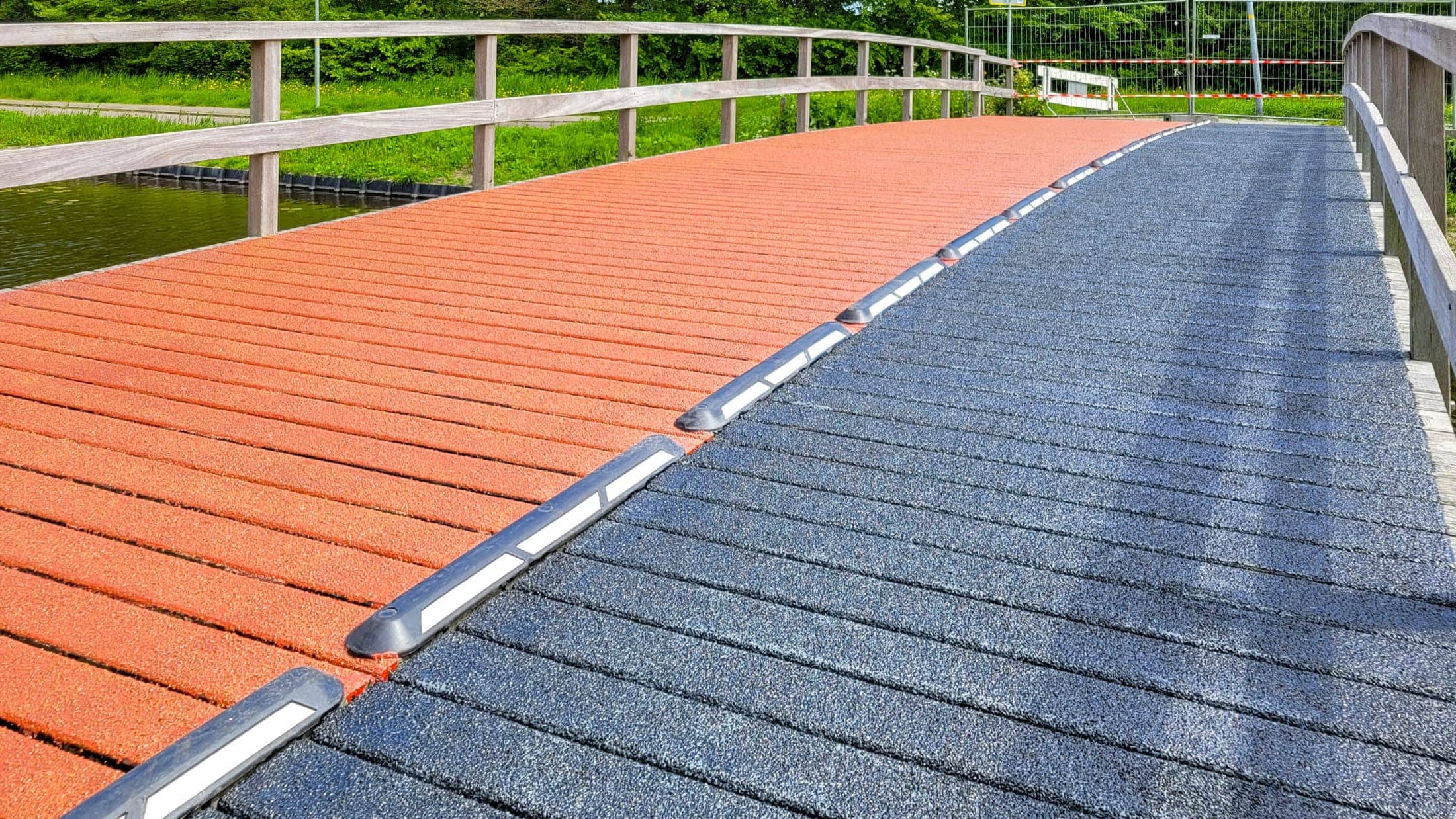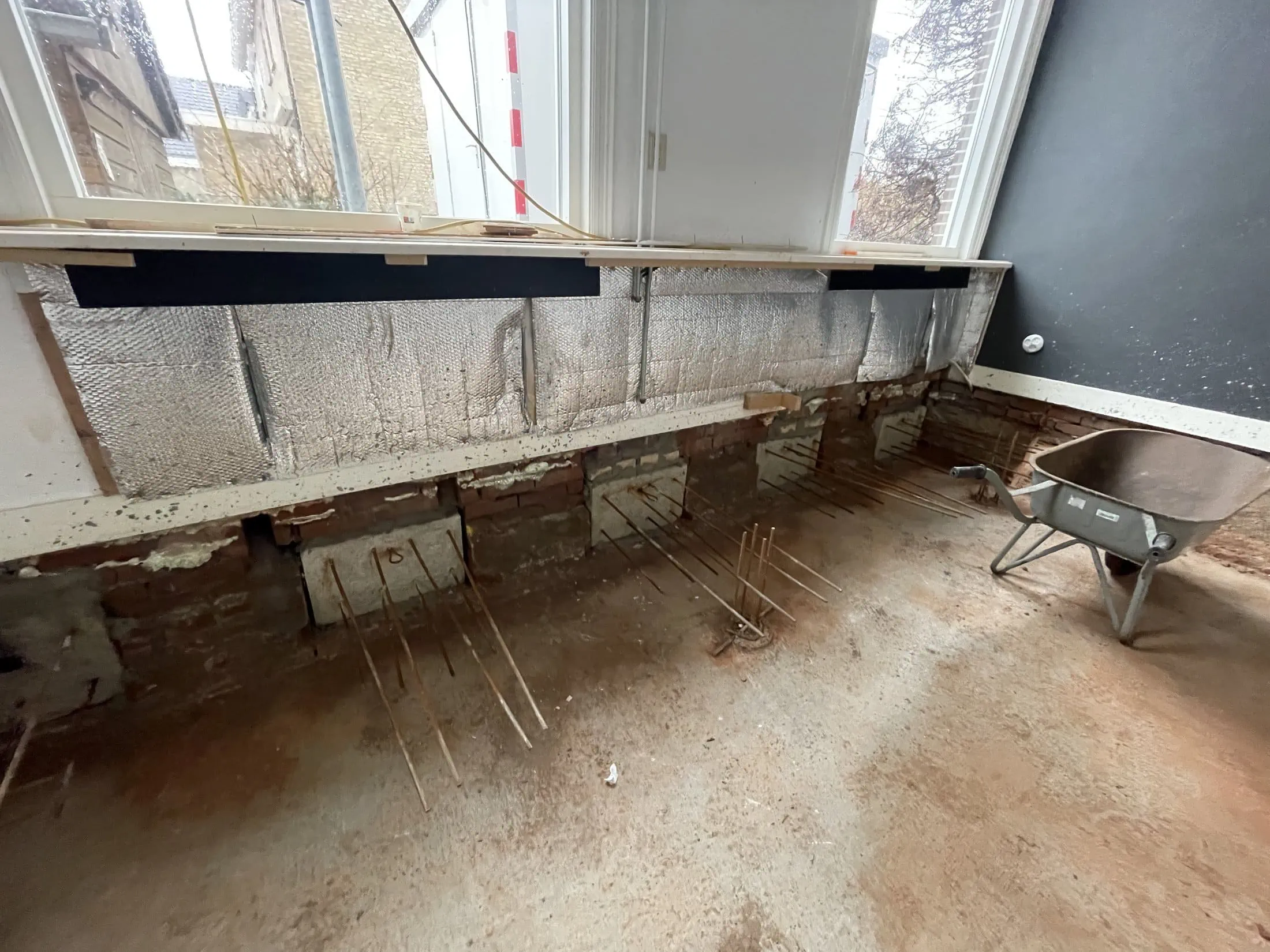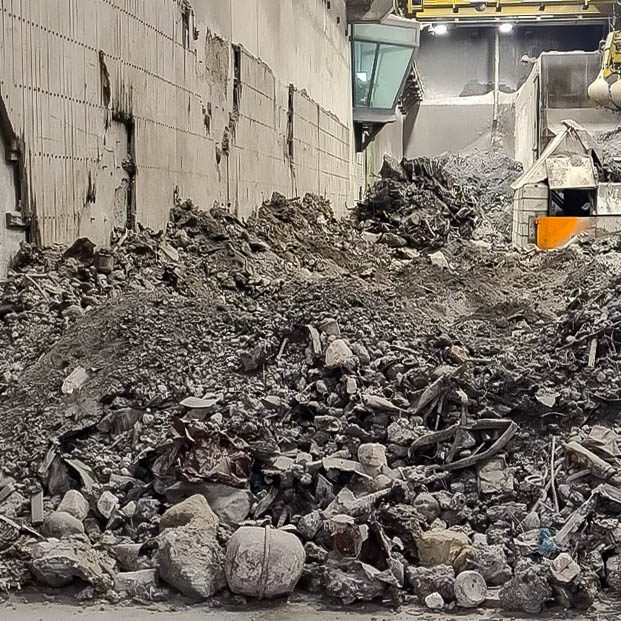A basement leak may initially seem harmless, but it can have far-reaching consequences. Consider damage to the structure, mold formation, loss of usable space, and even foundation problems and concrete decay. The frustration of recurring moisture, the stress of unclear costs, and the fear of structural damage demand immediate and expert action. SealteQ specializes in sustainably resolving basement leaks and addressing underlying causes such as unstable ground or inadequate waterproofing.
Basement Leak
How does basement leakage occur?
Most basement leaks are caused by a combination of factors. A high groundwater level continuously puts pressure on the basement walls, also known as hydrostatic pressure. This pressure pushes water through the smallest cracks. Heavy rainfall, climate changes, and soil subsidence significantly increase this risk. If the basement is not sufficiently equipped with effective waterproofing, or if it has deteriorated over the years, leakage is almost inevitable.
Common Causes of Basement Leakage
- Cracking in walls or floors due to settlement or aging
- Poor or outdated basement sealing (e.g., worn bitumen layers)
- Missing or poorly functioning drainage system
- Construction errors such as incorrect detailing
- Subsidence of foundation parts causing gaps
What are the Consequences of a Leaking Basement?
The consequences are more severe than many people think. Continuous moisture exposure quickly leads to mold formation, which is harmful to health. The existing insulation material becomes damaged and loses its effectiveness. Ceilings, floors, and walls may detach or bulge. Additionally, prolonged water in the basement leads to concrete decay (structural deterioration of concrete or brick), potentially damaging the foundation. The property value and usability of the basement also decrease drastically.
How do you recognize basement leakage?
A basement leak is not always immediately visible. Signs to be alert for:
- Damp spots or discolorations on walls and floors
- Persistent musty smell or mold odor
- Mold formation on walls or in corners
- Puddles or damp spots after rainfall
- Peeling plasterwork or rising walls
- Clammy air or condensation on windows
Note: even if it only occurs in winter or autumn, structural damage can already occur. Therefore, do not wait, but have a structural inspection carried out if in doubt.
What can you do about basement leakage?
Solve it Yourself or Hire an Expert?
In practice, many DIY solutions only provide temporary relief. Consider applying moisture-resistant paint or a water pump in case of nuisance. These measures rarely address the cause. Professional parties like SealteQ go further: we combine knowledge of foundations, substrates, and moisture control with sustainable techniques for a permanently dry basement.
A selection of considerations:
- Sealing yourself with coating: cheap, but often temporary
- Injecting walls: effective for small cracks
- Installing drainage: often requires breaking work, but good for high water pressure
- Internal vs. external sealing: depending on location, load, and accessibility
SealteQ Methods for Basement Leakage
SealteQ has a wide range of techniques to address basement leaks, tailored to the situation:
- Injection technique: a moisture-resistant gel or resin is injected into cracks or hollow spaces under high pressure
- Wall injection: we apply moisture-resistant agents to porous or damaged masonry
- Cementing: sealing by applying a special waterproof cement layer on interior walls or floors
- Bitumen: application of plastic-modified bitumen for long-term waterproofing of basement walls
- Basement renovation: in case of severe damage, we repair the concrete or masonry and apply a new seal
- Adjustments to or installation of a drainage system as a structural solution
Our approach complies with all relevant building regulations and guidelines, ensuring your basement is addressed correctly.
When does the foundation play a role?
A leaking basement is not always an isolated issue. In many cases, the leak is a result of underlying foundation problems. This can occur in two ways:
- Basement as part of the foundation: basement walls often rest on deeper, stable soil layers. As a result, the basement usually settles less than the rest of the house, which can cause tension and cracks.
- Basement not as part of the foundation: when the house is built on piles and the basement is constructed separately in the ground, it can settle or even detach from the rest of the house. This leads to leaks, cracks, and damage.
The soil composition plays a major role in this. In areas with peat or other organic material, the soil sinks faster, especially when it is above the groundwater level. This causes uneven settlement and thus damage. With our specialist knowledge in injection technology and soil stabilization, we make the foundation waterproof.
Frequently Asked Questions (FAQs)
- Is a leaking basement dangerous? Yes, certainly. Not only because of mold formation and health risks, but also due to structural damage and loss of value.
- What does it cost to seal a basement? That depends on the extent of the damage and the required technique. After inspection, you will receive a clear quote without surprises.
- How long does the restoration process take? On average, 1 to 5 working days, depending on the chosen technique and the accessibility of the basement.
- Is damage from leakage covered by insurance? In some cases, yes, for example, if it concerns sudden damage. Preventive work is usually not covered.
- Can I continue to use my basement during the work? In most cases, yes. We coordinate the schedule and approach with you to minimize inconvenience.
Choose certainty with SealteQ
SealteQ is a specialist in basement sealing and foundation repair. With our years of experience, transparent approach, and specialist techniques, we offer sustainable solutions for leakage in your basement. From initial inspection to aftercare: you can count on clear communication, professional execution, and a lasting result. Contact us today for a free assessment of your situation.


